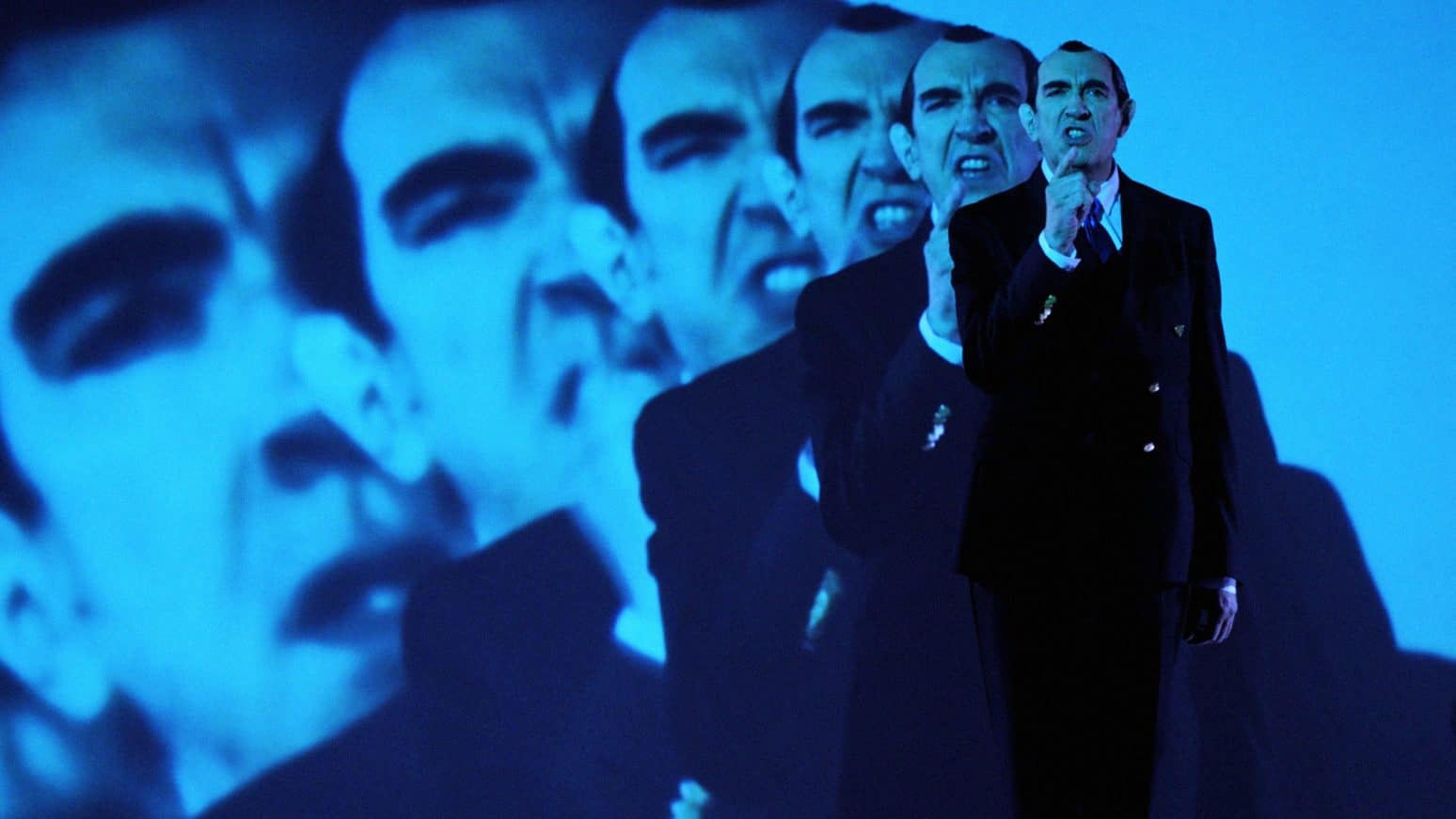In Park City Utah, ROBERT REDFORD and his programmer John Cooper have set the indie film agenda for 2020 with an array of provocative new titles in a festival that runs from 23 January until 2 February. This year’s selection includes the latest US drama from Josephine Decker (Thou Wast Mild and Lovely); and new documentaries about Chechnya, Bruce Lee and Woodstock competing in the US Dramatic section. Branden Cronenberg will be showing his latest film, Possessor starring Andrea Riseborough; who also appears in the Egyptian drama Luxor. Noemie Merlant is fresh from Portrait of a Woman on Fire, in Zoe Wittock’s Jumbo.
UK director Oscar Raby brings A Machine for Viewing, a unique three-episode hybrid of real-time VR experience, live performance and video essay in which three moving-image makers explore how we now watch films by putting various ‘machines for viewing,’ including cinema and virtual reality, face to face.
EXHIBITIONS
All Kinds of Limbo / United Kingdom (Lead Artists: Toby Coffey, Raffy Bushman, Nubiya Brandon) — The National Theatre of Great Britain’s communal musical journey reflecting the influence of West Indian culture on the UK’s music scene across the genres of reggae, grime, classical, and calypso. Immersive technologies, the ceremony of live performance and the craft of theatrical staging bring audiences into a VR performance space. Cast: Nubiya Brandon.
U.S. DRAMATIC COMPETITION
47% of the directors in this year’s U.S. Dramatic Competition are women; 52% are people of color; 5% are LGBTQ+.
The 40-Year-Old Version / U.S.A. Director and screenwriter: Radha Blank
A down-on-her-luck New York playwright decides to reinvent herself and salvage her artistic voice the only way she knows how: by becoming a rapper at age 40. Cast: Radha Blank, Peter Kim, Oswin Benjamin, Reed Birney, World Premiere
BLAST BEAT / U.S.A. Director: Esteban Arango
After their family emigrates from Colombia during the summer of ‘99, a metalhead science prodigy and his deviant younger brother do their best to adapt to new lives in America. Cast: Moises Arias, Mateo Arias, Daniel Dae Kim, Kali Uchis, Diane Guerrero, Wilmer Valderrama. World Premiere
Charm City Kings / U.S.A. (Director: Angel Manuel Soto
Mouse desperately wants to join The Midnight Clique, the infamous Baltimore dirt bike riders who rule the summertime streets. When Midnight’s leader, Blax, takes 14-year-old Mouse under his wing, Mouse soon finds himself torn between the straight-and-narrow and a road filled with fast money and violence.
Cast: Jahi Di’Allo Winston, Meek Mill, Will Catlett, Teyonah Parris, Donielle Tremaine World Premiere
Dinner in America / U.S.A. (Dir/writer: Adam Rehmeier
An on-the-lam punk rocker and a young woman obsessed with his band go on an unexpected and epic journey together through the decaying suburbs of the American Midwest.. Cast: Kyle Gallner, Emily Skeggs, Pat Healy, Griffin Gluck, Lea Thompson, Mary Lynn Rajskub. World Premiere
The Evening Hour / U.S.A. Dir: Braden King
Cole Freeman maintains an uneasy equilibrium in his rural Appalachian town, looking after the old and infirm while selling their excess painkillers to local addicts. But when an old friend returns with plans that upend the fragile balance and identity he’s so painstakingly crafted, Cole is forced to take action. Cast: Philip Ettinger, Stacy Martin, Cosmo Jarvis, Michael Trotter, Kerry Bishé, Lili Taylor. World Premiere
Farewell Amor / U.S.A. (Dir/writer: Ekwa Msangi
Reunited after a 17 year separation, Walter, an Angolan immigrant, is joined in the U.S. by his wife and teenage daughter. Now absolute strangers sharing a one-bedroom apartment, they discover a shared love of dance that may help overcome the emotional distance between them. Cast: Ntare Guma Mbaho Mwine, Zainab Jah, Jayme Lawson, Joie Lee, Marcus Scribner, Nana Mensah. World Premiere
Minari / U.S.A. (Dir/writer: Lee Isaac Chung
David, a 7-year-old Korean-American boy, gets his life turned upside down when his father decides to move their family to rural Arkansas and start a farm in the mid-1980s, in this charming and unexpected take on the American Dream. Cast: Steven Yeun, Han Yeri, Youn Yuh Jung, Will Patton, Alan Kim, Noel Kate Cho. World Premiere
Miss Juneteenth / U.S.A. (Dir/Writer: Channing Godfrey Peoples
Turquoise, a former beauty queen turned hardworking single mother, prepares her rebellious teenage daughter for the “Miss Juneteenth” pageant, hoping to keep her from repeating the same mistakes in life that she did. Cast: Nicole Beharie, Kendrick Sampson, Alexis Chikaeze, Lori Hayes, Marcus Maudlin. World Premiere
Never Rarely Sometimes Always / U.S.A. (Dir/Wri: Eliza Hittman
An intimate portrayal of two teenage girls in rural Pennsylvania. Faced with an unintended pregnancy and a lack of local support, Autumn and her cousin Skylar embark on a brave, fraught journey across state lines to New York City. Cast: Sidney Flanigan, Talia Ryder, Théodore Pellerin, Ryan Eggold, Sharon Van Etten. World Premiere

Nine Days / U.S.A. (Dir/Writer: Edson Oda,
In a house distant from the reality we know, a reclusive man interviews prospective candidates—personifications of human souls—for the privilege that he once had: to be born. Cast: Winston Duke, Zazie Beetz, Benedict Wong, Bill Skarsgård, Tony Hale, David Rysdahl. World Premiere.
Palm Springs / U.S.A. Dir: Max Barbakow
When carefree Nyles and reluctant maid of honor Sarah have a chance encounter at a Palm Springs wedding, things get complicated the next morning when they find themselves unable to escape the venue, themselves, or each other. Cast: Andy Samberg, Cristin Milioti, J.K. Simmons, Meredith Hagner, Camila Mendes, Peter Gallagher. World Premiere
Save Yourselves! / U.S.A. Dir/Wri: Alex Huston Fischer, Eleanor Wilson
A young Brooklyn couple head upstate to disconnect from their phones and reconnect with themselves. Cut off from their devices, they miss the news that the planet is under attack. Cast: Sunita Mani, John Reynolds, Ben Sinclair, Johanna Day, John Early, Gary Richardson. World Premiere
Shirley / U.S.A. Dir: Josephine Decker
A young couple moves in with the famed author, Shirley Jackson, and her Bennington College professor husband, Stanley Hyman, in the hope of starting a new life but instead find themselves fodder for a psycho-drama that inspires Shirley’s next novel. Cast: Elisabeth Moss, Michael Stuhlbarg, Odessa Young, Logan Lerman. World Premiere
Sylvie’s Love / U.S.A. (Dir/Wri: Eugene Ashe
Years after their summer romance comes to an end, an aspiring television producer and a talented musician cross paths, only to find their feelings for each other never changed. With their careers taking them in different directions, they must choose what matters most. Cast: Tessa Thompson, Nnamdi Asomugha, Eva Longoria, Aja Naomi King, Wendi Mclendon-Covey, Jemima Kirke. World Premiere
Wander Darkly / U.S.A. (Dir/Wri: Tara Miele
New parents Adrienne and Matteo are forced to reckon with trauma amidst their troubled relationship. They must revisit the memories of their past and unravel haunting truths in order to face their uncertain future. Cast: Sienna Miller, Diego Luna, Beth Grant, Aimee Carrero, Tory Kittles, Vanessa Bayer. World Premiere
Zola / U.S.A. (Dir/Wri: Janicza Bravo, Jeremy O. Harris
@zolarmoon tweets “wanna hear a story about why me & this bitch here fell out???????? It’s kind of long but full of suspense.” Two girls bond over their “hoeism” and become fast friends. What’s supposed to be a trip from Detroit to Florida turns into a weekend from hell. Cast: Taylour Paige, Riley Keough, Nicholas Braun, Colman Domingo. World Premiere
U.S. DOCUMENTARY COMPETITION
Sixteen world-premiere American documentaries that illuminate the ideas, people and events that shape the present day. Films that have premiered in this category in recent years include APOLLO 11, Knock Down The House, One Child Nation, American Factory, Three Identical Strangers and On Her Shoulders. 45% of the directors in this year’s U.S. Documentary Competition are women; 23% are people of color; 23% are LGBTQ+.
A Thousand Cuts / U.S.A., Philippines Dir/Wri:Ramona S Diaz
Nowhere is the worldwide erosion of democracy, fueled by social media disinformation campaigns, more starkly evident than in the authoritarian regime of Philippine President Rodrigo Duterte. Journalist Maria Ressa places the tools of the free press—and her freedom—on the line in defense of truth and democracy. World Premiere
Be Water / U.S.A., UK Director: Bao Nguyen
In 1971, after being rejected by Hollywood, Bruce Lee returned to his parents’ homeland of Hong Kong to complete four iconic films. Charting his struggles between two worlds, this portrait explores questions of identity and representation through the use of rare archival, interviews with loved ones and Bruce’s own writings. World Premiere
Bloody Nose, Empty Pockets / U.S.A. Dir: Bill Ross, Turner Ross
In the shadows of the bright lights of Las Vegas, it’s last call for a beloved dive bar known as the Roaring 20s. A document of real people, in an unreal situation, facing an uncertain future: America at the end of 2016. World Premiere
Boys State / U.S.A. Dirs Jesse Moss, Amanda McBaine,
In an unusual experiment, a thousand 17-year-old boys from Texas join together to build a representative government from the ground up. World Premiere
Code for Bias / US/UK/China Dir/Wri Shalini Kantayya
Exploring the fallout of MIT Media Lab researcher Joy Buolamwini’s startling discovery that facial recognition does not see dark-skinned faces accurately, and her journey to push for the first-ever legislation in the U.S. to govern against bias in the algorithms that impact us all. World Premiere
The Cost of Silence / US Dir: Mark Manning
An industry insider exposes the devastating consequences of the Deepwater Horizon oil spill and uncovers systemic corruption between government and industry to silence the victims of a growing public health disaster. Stakes could not be higher as the Trump administration races to open the entire U.S. coastline to offshore drilling. World Premiere

Crip Camp / U.S.A. (Dir: Nicole Newnham, Jim LeBrecht,
Down the road from Woodstock in the early 1970s, a revolution blossomed in a ramshackle summer camp for disabled teenagers, transforming their young lives and igniting a landmark movement. World Premiere. DAY ONE
Dick Johnson Is Dead / US. Dir: Kirsten Johnson
With this inventive portrait, a cameraperson seeks a way to keep her 86-year-old father alive forever. Utilizing moviemaking magic and her family’s dark humor, she celebrates Dr. Dick Johnson’s last years by staging fantasies of death and beyond. Together, dad and daughter confront the great inevitability awaiting us all. World Premiere
Feels Good Man / US. Dir: Arthur Jones
When indie comic character Pepe the Frog becomes an unwitting icon of hate, his creator, artist Matt Furie, fights to bring Pepe back from the darkness and navigate America’s cultural divide. World Premiere
The Fight / US. | Dirs: Elyse Steinberg, Josh Kriegman, Eli Despres
Inside the ACLU, a team of scrappy lawyers battle Trump’s historic assault on civil liberties. World Premiere
Mucho Mucho Amor / US. Dirs: Cristina Costantini, Kareem Tabsch
Once the world’s most famous astrologer, Walter Mercado seeks to resurrect a forgotten legacy. Raised in the sugar cane fields of Puerto Rico, Walter grew up to become a gender non-conforming, cape-wearing psychic whose televised horoscopes reached 120 million viewers a day for decades before he mysteriously disappeared. World Premiere
Spaceship Earth / U.S.A. Director: Matt Wolf
In 1991 a group of countercultural visionaries built an enormous replica of earth’s ecosystem called Biosphere 2. When eight “biospherians” lived sealed inside, they faced ecological calamities and cult accusations. Their epic adventure is a cautionary tale but also a testament to the power of small groups reimagining the world. World Premiere
Time / U.S.A. (Director: Garrett Bradley
Fox Rich, indomitable matriarch and modern-day abolitionist, strives to keep her family together while fighting for the release of her incarcerated husband. An intimate, epic, and unconventional love story, filmed over two decades. World Premiere
Us Kids / U.S.A. (Dir: Kim A. Snyder
Determined to turn unfathomable tragedy into action, the teenage survivors of Parkland, Florida catalyze a powerful, unprecedented youth movement that spreads with lightning speed across the country, as a generation of mobilized youth take back democracy in this powerful coming-of-age story. World Premiere
Welcome to Chechnya / U.S.A. (Dir: David France
This searing investigative work shadows a group of activists risking unimaginable peril to confront the ongoing anti-LGBTQ pogrom raging in the repressive and closed Russian republic. Unfettered access and a remarkable approach to protecting anonymity exposes this under-reported atrocity–and an extraordinary group of people confronting evil. World Premiere
Whirlybird / U.S.A. Dir: Matt Yoka
Soaring above the chaotic spectacle of ‘80s and ‘90s Los Angeles, a young couple revolutionized breaking news with their brazen helicopter reporting. Culled from this news duo’s sprawling video archive is a poignant L.A. story of a family in turbulence hovering over a city unhinged. World Premiere
WORLD CINEMA DRAMATIC COMPETITION
Twelve films from emerging filmmaking talents around the world offer fresh perspectives and inventive styles. Films that have premiered in this category in recent years include The Souvenir, The Guilty, Monos, Yardie, The Nile Hilton Incident and Second Mother.
Charter / Sweden (Dir/Wri: Amanda Kernell |
After a recent and difficult divorce, Alice hasn’t seen her children in two months as she awaits a custody verdict. When her son calls her in the middle of the night, Alice takes action, abducting the children on an illicit charter trip to the Canary Islands. Cast: Ane Dahl Torp, Troy Lundkvist, Tintin Poggats Sarri, Sverrir Gudnason, Eva Melander, Siw Erixon. World Premiere

Cuties / France (Dir/Wri: Maïmouna Doucouré, Producer: Zangro)
Amy, 11 years old, meets a group of dancers called “Cuties.” Fascinated, she initiates herself to a sensual dance, hoping to join their band and escape family dysfunction… Cast: Fathia Youssouf, Médina El Aidi-Azouni, Esther Gohourou, Ilanah Cami-Goursolas, Myriam Hamma, Maïmouna Gueye. World Premiere. DAY ONE
Exil / Germany, Belgium, Kosovo (Dir/Wri: Visar Morina
A chemical engineer feeling discriminated against and bullied at work plunges into an identity crisis. Cast: Mišel Matičević, Sandra Hüller. World Premiere
High Tide / Argentina (Dir/Wri: Verónica Chen,
Laura is spending a few days at her beach house to supervise the construction of a barbecue shed. One afternoon, she seduces the chief builder, who never returns. Over the following days, the builders continually invade her home – until Laura grows ferocious. Cast: Gloria Carrá, Jorge Sesán, Cristian Salguero, Mariana Chaud, Camila Fabbri, Héctor Bordoni. World Premiere
Jumbo / France, Luxembourg, Belgium (Dir/Wri: Zoé Wittock,
Jeanne, a shy young woman, works in an amusement park. Fascinated with carousels, she still lives at home with her mother. That’s when Jeanne meets Jumbo, the park’s new flagship attraction… Cast: Noémie Merlant, Emmanuelle Bercot, Sam Louwyck. World Premiere
Luxor / Egypt, United Kingdom Dir/Wri Zeina Durra,
When British aid worker Hana returns to the ancient city of Luxor, she comes across Sultan, a talented archeologist and former lover. As she wanders, haunted by the familiar place, she struggles to reconcile the choices of the past with the uncertainty of the present. Cast: Andrea Riseborough, Karim Saleh, Michael Landes, Sherine Reda, Salima Ikram, Shahira Fahmy. World Premiere
Possessor / Canada, United Kingdom Dir/Wri: Brandon Cronenberg,
Vos is a corporate agent who uses brain-implant technology to inhabit other people’s bodies, driving them to commit assassinations for the benefit of the company. When something goes wrong on a routine job, she finds herself trapped inside a man whose identity threatens to obliterate her own. Cast: Andrea Riseborough, Christopher Abbott, Rossif Sutherland, Tuppence Middleton, Sean Bean, Jennifer Jason Leigh. World Premiere
Identifying Features (Sin Señas Particulares) / Mexico, Spain (Director: Fernanda Valadez,
Magdalena makes a journey to find her son, gone missing on his way to the Mexican border with the US. Her odyssey takes her to meet Miguel, a man recently deported from the U.S. They travel together, Magdalena looking for her son, and Miguel hoping to see his mother again. Cast: Mercedes Hernández, David Illescas, Juan Jesús Varela, Ana Laura Rodríguez, Laura Elena Ibarra, Xicoténcatl Ulloa. World Premiere
Summer White (Blanco de Verano) / Mexico (Dir/Wri: Rodrigo Ruiz Patterson,
Rodrigo is a solitary teenager, a king in the private world he shares with his mother. Things change when she takes her new boyfriend home to live. He must decide if he fights for his throne and crushes the happiness of the person he loves the most. Cast: Adrián Rossi, Sophie Alexander-Katz, Fabián Corres. World Premiere
Surge / United Kingdom (Director: Aneil Karia
A man goes on a bold and reckless journey of self-liberation through London. After he robs a bank he releases a wilder version of himself, ultimately experiencing what it feels like to be alive. Cast: Ben Whishaw, Ellie Haddington, Ian Gelder, Jasmine Jobson. World Premiere
This Is Not A Burial, It’s A Resurrection / Lesotho, South Africa, Italy (Dir/Wri Lemohang Jeremiah Mosese
When her village is threatened with forced resettlement due to reservoir construction, an 80-year-old widow finds a new will to live and ignites the spirit of resilience within her community. In the final dramatic moments of her life, Mantoa’s legend is forged and made eternal. Cast: Mary Twala Mhlongo, Jerry Mofokeng Wa Makheta, Makhoala Ndebele, Tseko Monaheng, Siphiwe Nzima. International Premiere
Yalda, a Night for Forgiveness / Iran, France, Germany, Switzerland, Luxembourg (Dir/Wri: Massoud Bakhshi,
Maryam accidentally killed her husband Nasser and is sentenced to death. The only person who can save her is Mona, Nasser’s daughter. All Mona has to do is appear on a TV show and forgive Maryam. But forgiveness proves difficult when they are forced to relive the past. Cast: Sadaf Asgari, Behnaz Jafari, Babak Karimi, Fereshteh Sadr Orafaee, Forough Ghajebeglou, Fereshteh Hosseini. International Premiere
WORLD CINEMA DOCUMENTARY COMPETITION
Twelve documentaries by some of the most courageous and extraordinary international filmmakers working today. Films that have premiered in this category in recent years include Honeyland, Sea of Shadows, Shirkers, This is Home, Last Men in Aleppo and Hooligan Sparrow.
Acasa, My Home / Romania, Germany, Finland (Director: Radu Ciorniciuc, Screenwriters: Lina Vdovii, Radu Ciorniciuc, Producer: Monica Lazurean-Gorgan
In the wilderness of the Bucharest Delta, nine children and their parents lived in perfect harmony with nature for 20 years–until they are chased out and forced to adapt to life in the big city. World Premiere
The Earth Is Blue as an Orange / Ukraine, Lithuania (Director: Iryna Tsilyk,
To cope with the daily trauma of living in a war zone, Anna and her children make a film together about their life among surreal surroundings. World Premiere
Epicentro / Austria, France, U.S.A. (Dir/writer: Hubert Sauper,
Cuba is well known as a so-called time capsule. The place where the New World was discovered has become both a romantic vision and a warning. With ongoing global cultural and financial upheavals, large parts of the world could face a similar kind of existence. World Premiere
Influence / South Africa, Canada (Directors and Screenwriters: Diana Neille, Richard Poplak,
Charting the recent advancements in weaponized communication by investigating the rise and fall of the world’s most notorious public relations and reputation management firm: the British multinational Bell Pottinger. World Premiere
Into the Deep / Denmark (Dir: Emma Sullivan
In 2016, a young Australian filmmaker began documenting amateur inventor Peter Madsen. One year in, Madsen brutally murdered Kim Wall aboard his homemade submarine. An unprecedented revelation of a killer and the journey his young helpers take as they reckon with their own complicity and prepare to testify. World Premiere
The Mole Agent / Chile, U.S.A., Germany, The Netherlands, Spain (Dir and screenwriter: Maite Alberdi
When a family becomes concerned about their mother’s well-being in a retirement home, private investigator Romulo hires Sergio, an 83 year-old man who becomes a new resident–and a mole inside the home, who struggles to balance his assignment with becoming increasingly involved in the lives of several residents. World Premiere
Once Upon A Time in Venezuela / Venezuela, United Kingdom, Brazil, Austria (DirWri: Anabel Rodríguez Ríos,
Once upon a time, the Venezuelan village of Congo Mirador was prosperous, alive with fisherman and poets. Now it is decaying and disintegrating–a small but prophetic reflection of Venezuela itself. World Premiere

The Painter and the Thief / Norway Director: Benjamin Ree
An artist befriends the drug addict and thief who stole her paintings. She becomes his closest ally when he is severely hurt in a car crash and needs full time care, even if her paintings are not found. But then the tables turn. World Premiere. DAY ONE
The Reason I Jump / United Kingdom Dir: Jerry Rothwell
Based on the book by Naoki Higashida this immersive film explores the experiences of nonspeaking autistic people around the world. World Premiere
Saudi Runaway / Switzerland (Dir/Wri: Susanne Regina Meures, Producer: Christian Frei) — Muna, a young, fearless woman from Saudi Arabia, is tired of being controlled by the state and patronised by her family. With an arranged marriage imminent, a life without rights and free will seems inevitable. Amjad decides to escape. An unprecedented view inside the world’s most repressive patriarchy. World Premiere
Softie / Kenya (Director and screenwriter: Sam Soko, Producers: Toni Kamau, Sam Soko) — Boniface Mwangi is daring and audacious, and recognized as Kenya’s most provocative photojournalist. But as a father of three young children, these qualities create tremendous turmoil between him and his wife Njeri. When he wants to run for political office, he is forced to choose: country or family? World Premiere
The Truffle Hunters / Italy, U.S.A., Greece (Dirs: Michael Dweck, Gregory Kershaw
In the secret forests of Northern Italy, a dwindling group of joyful old men and their faithful dogs search for the world’s most expensive ingredient, the white Alba truffle. Their stories form a real-life fairy tale that celebrates human passion in a fragile land that seems forgotten in time. World Premiere
SUNDANCE FILM FESTIVAL | 23 JANUARY – 2 FEBRUARY 2020
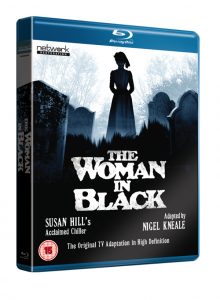 On the request of his crusty old boss young lawyer Arthur Kipps (Adrian Rawlins) travels from London to the North Eastern coastal town of Crythin Gifford, and out across the eerie salt marshes to attend the funeral of a friendless old widow, Alice Drablow. During the church service a be-hatted, black-robed woman appears to be watching Arthur Kidd from a distance and reappears on the marshes later that day, her face set in a ghastly grimace.
On the request of his crusty old boss young lawyer Arthur Kipps (Adrian Rawlins) travels from London to the North Eastern coastal town of Crythin Gifford, and out across the eerie salt marshes to attend the funeral of a friendless old widow, Alice Drablow. During the church service a be-hatted, black-robed woman appears to be watching Arthur Kidd from a distance and reappears on the marshes later that day, her face set in a ghastly grimace.
 Green’s female engineer Sarah is at the heart of Proxima. She is a luminous presence – fragile tough and strangely otherworldly. Given the opportunity to join the European Space Agency’s Mars probe mission along with other seasoned spacemen – including Matt Dillon’s macho but golden-hearted leader – she takes the plunge. What starts out as matter of fact preparation for the long term mission soon becomes a fraught and increasingly affecting exploration of what is means to love, to be a parent, to meet professional goals, and to thrive and appreciate our own planet. Proxima is a ground-breaking and beautiful film as much about our life here on Earth as is about this perilous journey into the unknown.
Green’s female engineer Sarah is at the heart of Proxima. She is a luminous presence – fragile tough and strangely otherworldly. Given the opportunity to join the European Space Agency’s Mars probe mission along with other seasoned spacemen – including Matt Dillon’s macho but golden-hearted leader – she takes the plunge. What starts out as matter of fact preparation for the long term mission soon becomes a fraught and increasingly affecting exploration of what is means to love, to be a parent, to meet professional goals, and to thrive and appreciate our own planet. Proxima is a ground-breaking and beautiful film as much about our life here on Earth as is about this perilous journey into the unknown.
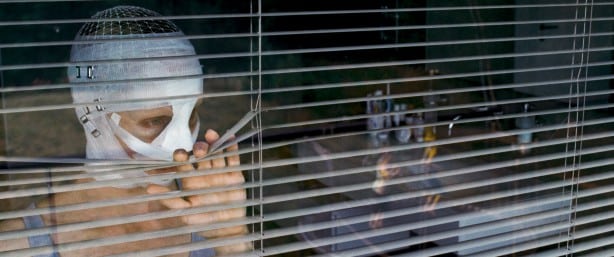

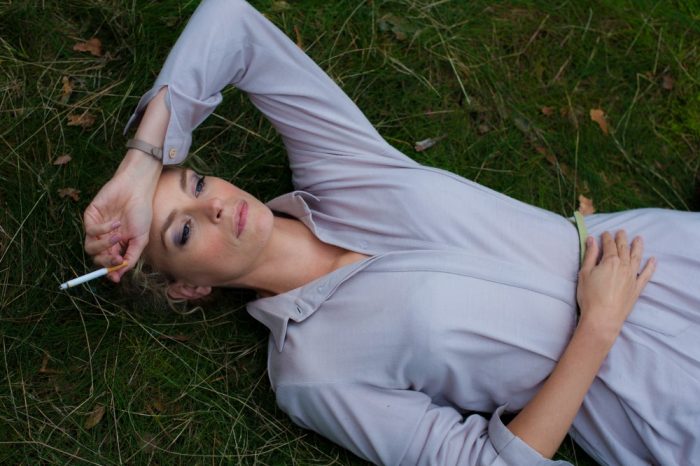

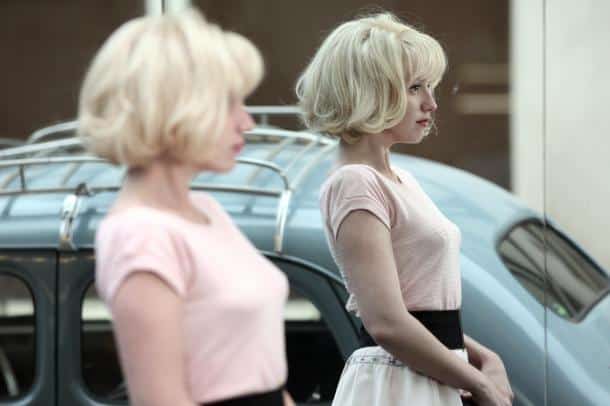


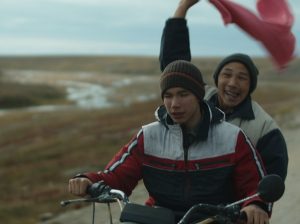


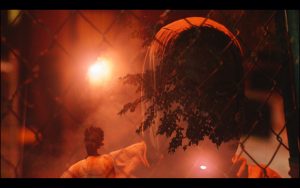

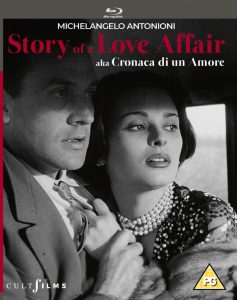
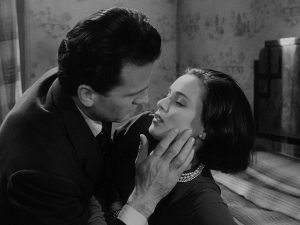
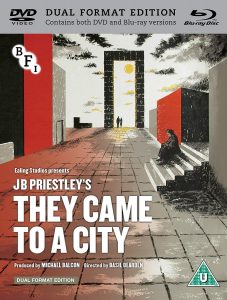
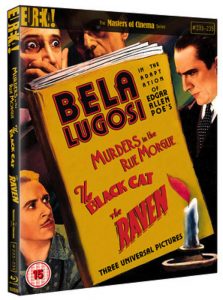
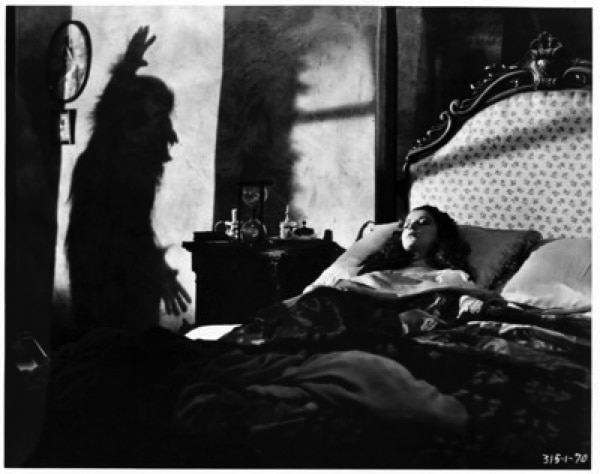
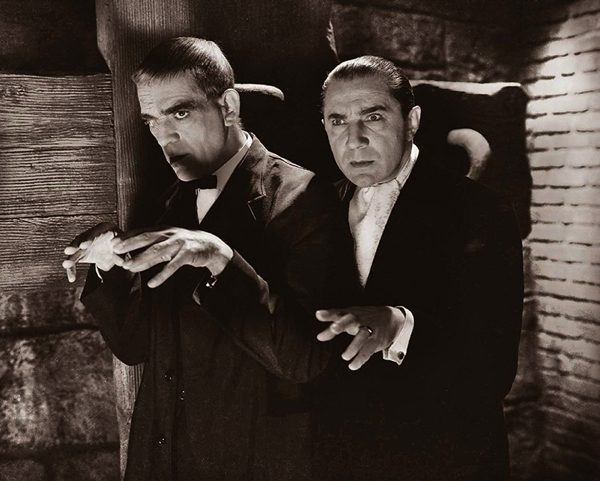
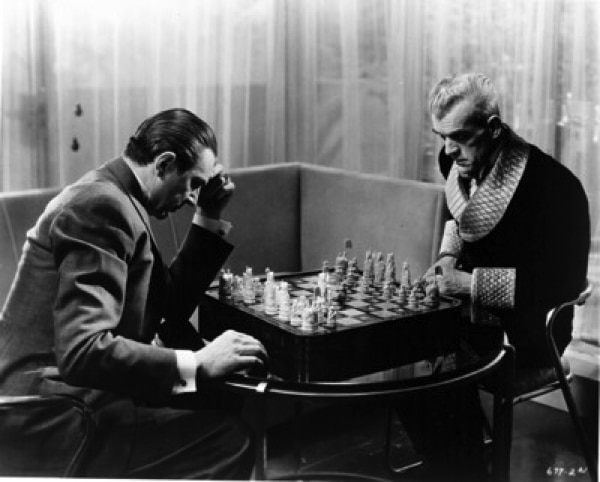
 Using the finest materials available in those interwar years (marble, bronze and precious wood), the luxurious house consisted of four polished granite facades, surrounded by a large garden with a pergola and swimming pool. A collector and curator, Louis Empain eventually decided that the property was better served as a museum of decorative and contemporary art, and it was donated to the Belgian Nation in 1937. But the Second World War changed everything and the villa languished until 1943, when it was requisitioned by the German army, eventually becoming an embassy for the USSR in peacetime when Empain recovered his property in the beginning of the sixties, before reselling it in 1973. For nearly ten years it was rented to the TV channel RTL then falling to semi-rack and ruin during the 1990s. It was eventually saved by a wealthy family who set up the Boghossian Foundation in 2007, transforming the building into an East West cultural centre and guaranteeing the revival of its fortunes.
Using the finest materials available in those interwar years (marble, bronze and precious wood), the luxurious house consisted of four polished granite facades, surrounded by a large garden with a pergola and swimming pool. A collector and curator, Louis Empain eventually decided that the property was better served as a museum of decorative and contemporary art, and it was donated to the Belgian Nation in 1937. But the Second World War changed everything and the villa languished until 1943, when it was requisitioned by the German army, eventually becoming an embassy for the USSR in peacetime when Empain recovered his property in the beginning of the sixties, before reselling it in 1973. For nearly ten years it was rented to the TV channel RTL then falling to semi-rack and ruin during the 1990s. It was eventually saved by a wealthy family who set up the Boghossian Foundation in 2007, transforming the building into an East West cultural centre and guaranteeing the revival of its fortunes. Larger and much stranger than life, director/producer Matt Wolf (
Larger and much stranger than life, director/producer Matt Wolf (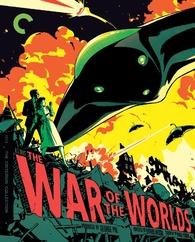 Although a brash travesty of H.G.Wells’ original 1898 novel, and despite Steven Spielberg’s 2005 ‘upgrade’ and last autumn’s well-received TV version, George Pal’s original big screen version is still for many the last word in fifties Technicolor destruction on the grand scale (blessed as John Baxter described it with “the smooth unreality of a comic strip”).
Although a brash travesty of H.G.Wells’ original 1898 novel, and despite Steven Spielberg’s 2005 ‘upgrade’ and last autumn’s well-received TV version, George Pal’s original big screen version is still for many the last word in fifties Technicolor destruction on the grand scale (blessed as John Baxter described it with “the smooth unreality of a comic strip”).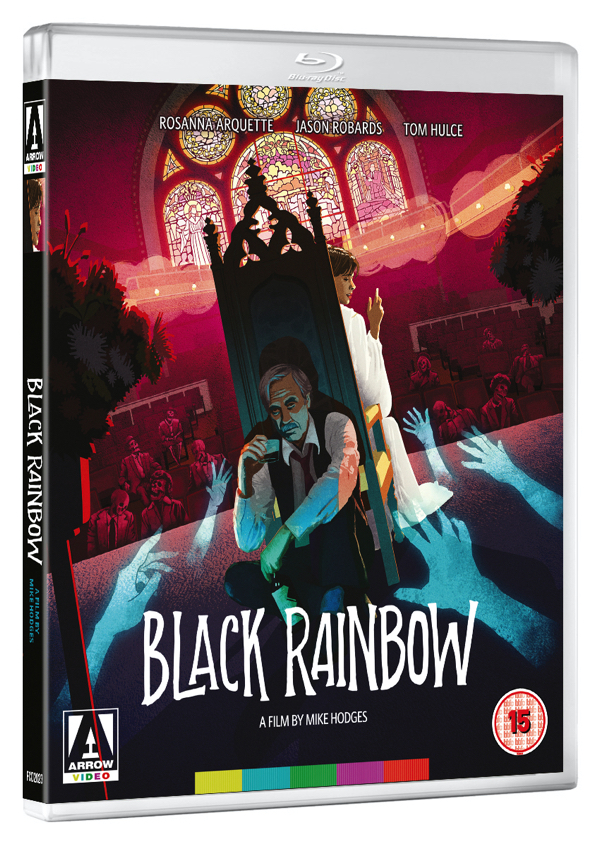 Rosanna Arquette shines as a clairvoyant on tour with her father (Jason Robards) in this supernatural curio from undervalued English director Mike Hodges.
Rosanna Arquette shines as a clairvoyant on tour with her father (Jason Robards) in this supernatural curio from undervalued English director Mike Hodges.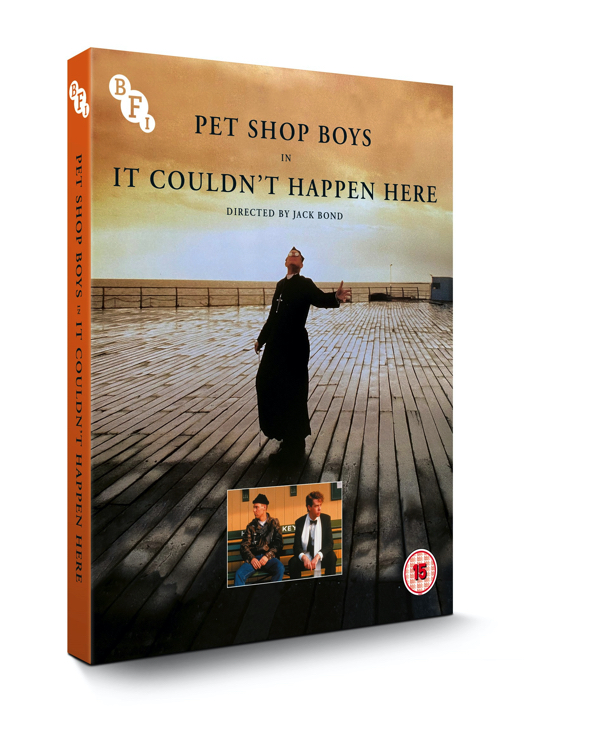
 Filtering the darkest, most dramatic period of modern Jewish history through the instinctive gaze of a dog was an ambitious idea for the best selling Israeli author Asher Kravitz. So Lynn Roth’s efforts to accommodate a young audience in her screen version are laudable but the upshot often cringeworthy.
Filtering the darkest, most dramatic period of modern Jewish history through the instinctive gaze of a dog was an ambitious idea for the best selling Israeli author Asher Kravitz. So Lynn Roth’s efforts to accommodate a young audience in her screen version are laudable but the upshot often cringeworthy. The past and the present collide in this darkly amusing deep dive into the human side of the digital age. And each are as complex as the other according to Pavel Cuzuoic, whose third documentary works on two levels: As an abstract expressionist arthouse piece and a deadpan social and political satire. What emerges is a priceless look at a society in flux in Bulgaria, Romania, Moldova and Ukraine. The old fights with the new, refusing to give in.
The past and the present collide in this darkly amusing deep dive into the human side of the digital age. And each are as complex as the other according to Pavel Cuzuoic, whose third documentary works on two levels: As an abstract expressionist arthouse piece and a deadpan social and political satire. What emerges is a priceless look at a society in flux in Bulgaria, Romania, Moldova and Ukraine. The old fights with the new, refusing to give in.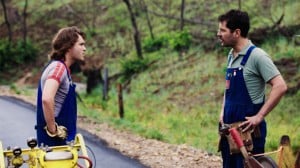
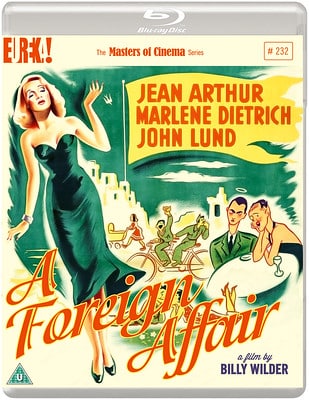 Shot in post war Berlin, the ruins of the divided capital a startling sign of the times, A Foreign Affair reunited Billy Wilder (1906-2002) with his star Marlene Dietrich. Both had met in Berlin in 1929, when Wilder interviewed Dietrich, who had a part in George Kaiser’s musical revue ‘Two Ties’ – the same year Wilder collaborated with Robert Siodmak and Fred Zinnemann (among others) for
Shot in post war Berlin, the ruins of the divided capital a startling sign of the times, A Foreign Affair reunited Billy Wilder (1906-2002) with his star Marlene Dietrich. Both had met in Berlin in 1929, when Wilder interviewed Dietrich, who had a part in George Kaiser’s musical revue ‘Two Ties’ – the same year Wilder collaborated with Robert Siodmak and Fred Zinnemann (among others) for 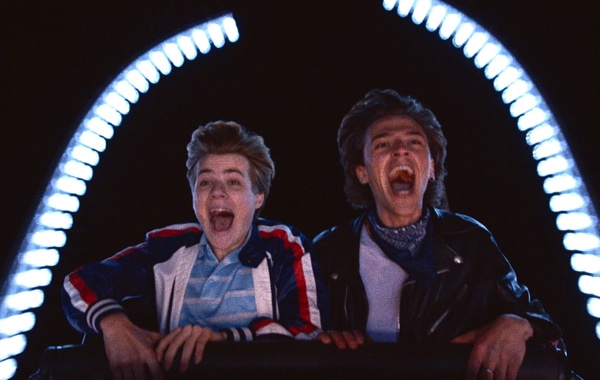
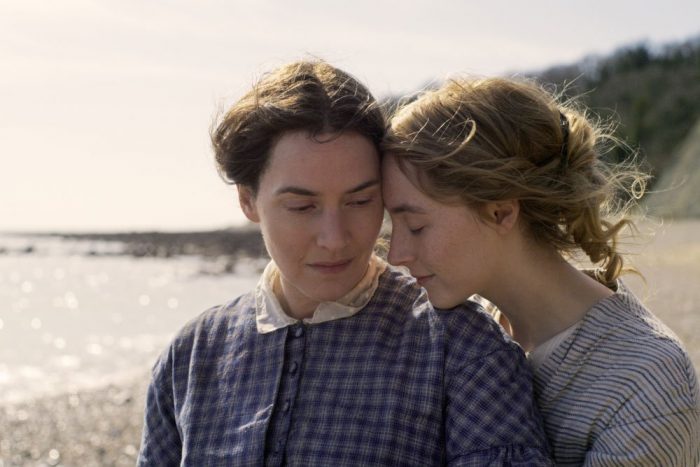 Mangrove, Steve McQueen (UK), 2h04′
Mangrove, Steve McQueen (UK), 2h04′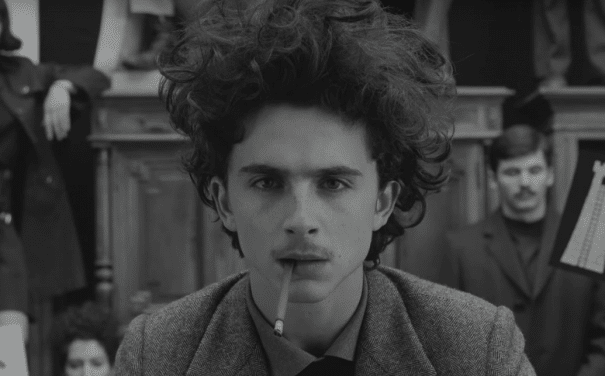 Last Words, Jonathan Nossiter (USA)
Last Words, Jonathan Nossiter (USA) A sense of the Gothic also infiltrates No Room at the Inn set in the early months of 1940. We witness atmospheric blitzed streets by the railway bridge next to a rundown house that’s definitely on the wrong side of the tracks: all lorded over by Mrs Agatha Voray (Freda Jackson) doing her damn best not to properly look after three young girl evacuees. The children live in squalor and suffer mental and physical abuse under the care of this coarse woman who invites men (local councillors and shopkeepers) for casual sex and bit of cash to bolster her shopping allowance of ration coupons.
A sense of the Gothic also infiltrates No Room at the Inn set in the early months of 1940. We witness atmospheric blitzed streets by the railway bridge next to a rundown house that’s definitely on the wrong side of the tracks: all lorded over by Mrs Agatha Voray (Freda Jackson) doing her damn best not to properly look after three young girl evacuees. The children live in squalor and suffer mental and physical abuse under the care of this coarse woman who invites men (local councillors and shopkeepers) for casual sex and bit of cash to bolster her shopping allowance of ration coupons.
 Dir.: Georgui Balabanov; Documentary with Christo, Jeanne-Claude, Anani Yavashev; Bulgaria 1996, 72 min.
Dir.: Georgui Balabanov; Documentary with Christo, Jeanne-Claude, Anani Yavashev; Bulgaria 1996, 72 min.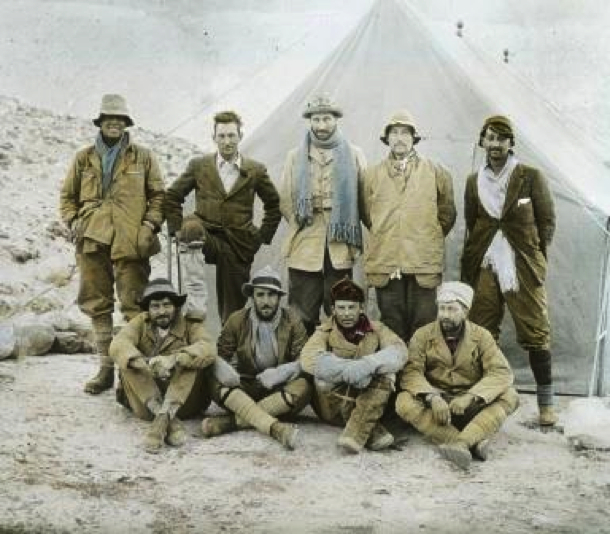
 The inspirational tenet of the Cistercian monks is simplicity. Life in a monastery is not an escape route from the world. Apart from running the monastery and brewing, the monks lives are spent in deep contemplation, silencing their minds and stripping back their own desires and thoughts and offer themselves to God in prayer. Not to be confused with meditation that has as its focus green fields, beaches or or the next holiday: the monks are taught to empty their minds so as to make room for God’s presence. Their existence is enriched by the simplicity of their lives and not their material wealth.
The inspirational tenet of the Cistercian monks is simplicity. Life in a monastery is not an escape route from the world. Apart from running the monastery and brewing, the monks lives are spent in deep contemplation, silencing their minds and stripping back their own desires and thoughts and offer themselves to God in prayer. Not to be confused with meditation that has as its focus green fields, beaches or or the next holiday: the monks are taught to empty their minds so as to make room for God’s presence. Their existence is enriched by the simplicity of their lives and not their material wealth.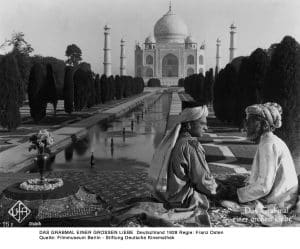 Shiraz is a fictitious character, the son of a local potter who rescues a baby girl from the wreckage of a caravan laden with treasures, ambushed while transporting her mother, a princess. Shiraz is unaware of Selima’s royal blood and he falls madly in love with her as the two grow up in their simple surroundings, until she is kidnapped and sold to Prince Khurram of Agra (a sultry Charu Roy). Shiraz then risks his life to be near her in Agra as the Prince also falls for her charms.
Shiraz is a fictitious character, the son of a local potter who rescues a baby girl from the wreckage of a caravan laden with treasures, ambushed while transporting her mother, a princess. Shiraz is unaware of Selima’s royal blood and he falls madly in love with her as the two grow up in their simple surroundings, until she is kidnapped and sold to Prince Khurram of Agra (a sultry Charu Roy). Shiraz then risks his life to be near her in Agra as the Prince also falls for her charms. Apart from being gorgeously sensual (there is a highly avantgarde kissing scene ) and gripping throughout, SHIRAZ is also an important film in that it united the expertise of three countries: Rai’s Great Eastern Indian Corporation; UK’s British Instructional Films (who also produced Anthony Asquith’s Shooting Stars and Underground in 1928) and the German Emelka Film company. Contemporary sources tell of “a serious attempt to bring India to the screen”. Attention to detail was paramount with an historical expert overseeing the sumptuous costumes, furnishings and priceless jewels that sparkle within the Fort of Agra and its palatial surroundings. Glowing in silky black and white SHIRAZ is one of the truly magical films in recent memory. MT
Apart from being gorgeously sensual (there is a highly avantgarde kissing scene ) and gripping throughout, SHIRAZ is also an important film in that it united the expertise of three countries: Rai’s Great Eastern Indian Corporation; UK’s British Instructional Films (who also produced Anthony Asquith’s Shooting Stars and Underground in 1928) and the German Emelka Film company. Contemporary sources tell of “a serious attempt to bring India to the screen”. Attention to detail was paramount with an historical expert overseeing the sumptuous costumes, furnishings and priceless jewels that sparkle within the Fort of Agra and its palatial surroundings. Glowing in silky black and white SHIRAZ is one of the truly magical films in recent memory. MT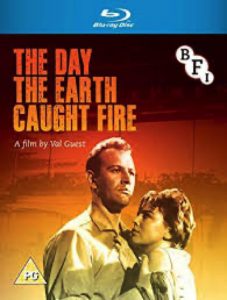 Valmond Maurice Guest (1911-2006) was an English film director and screenwriter who started his career on the British stage and in early sound films. He wrote over 70 scripts many of which he also directed, developing a versatile talent for making quality genre fare on a limited budget (Hell is a City, Casino Royale, The Boys in Blue). But Guest was best known for his Hammer horror pictures The Quatermass Xperiment and Quatermass II, and Sci-Fis The Day the Earth Caught Fire and 80,000 Suspects which nowadays provide a fascinating snapshot of London and Bath in the early Sixties. Shot luminously in black and white CinemaScope the film incorporates archive footage that feels surprisingly effective with views of Battersea Power Station and London Bridge. A brief radio clip from a soundalike PM Harold MacMillan adds to the fun.
Valmond Maurice Guest (1911-2006) was an English film director and screenwriter who started his career on the British stage and in early sound films. He wrote over 70 scripts many of which he also directed, developing a versatile talent for making quality genre fare on a limited budget (Hell is a City, Casino Royale, The Boys in Blue). But Guest was best known for his Hammer horror pictures The Quatermass Xperiment and Quatermass II, and Sci-Fis The Day the Earth Caught Fire and 80,000 Suspects which nowadays provide a fascinating snapshot of London and Bath in the early Sixties. Shot luminously in black and white CinemaScope the film incorporates archive footage that feels surprisingly effective with views of Battersea Power Station and London Bridge. A brief radio clip from a soundalike PM Harold MacMillan adds to the fun.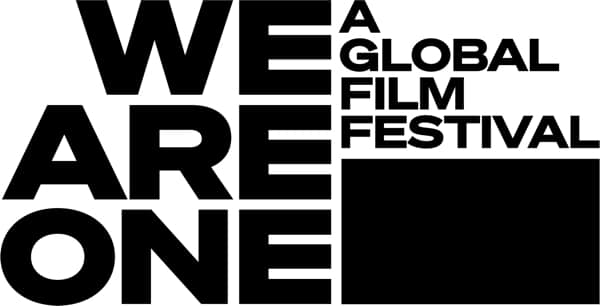

















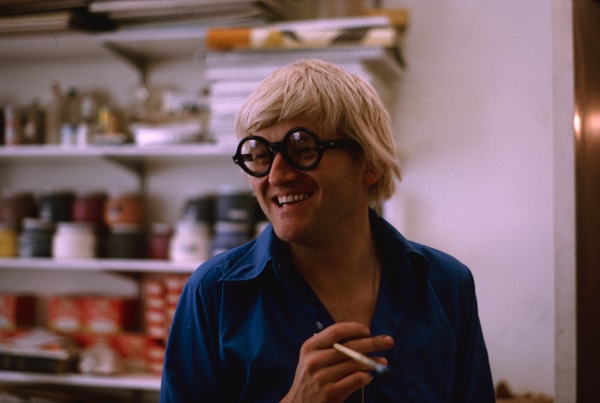
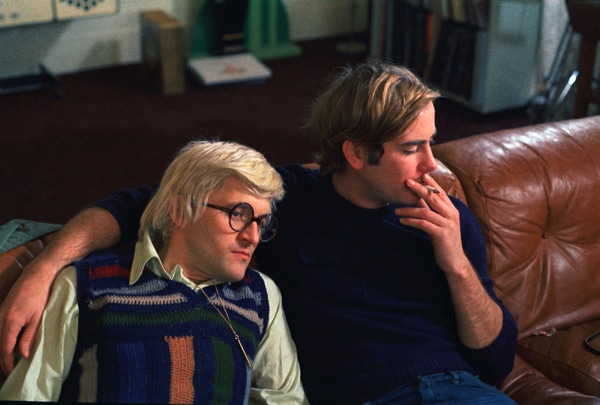
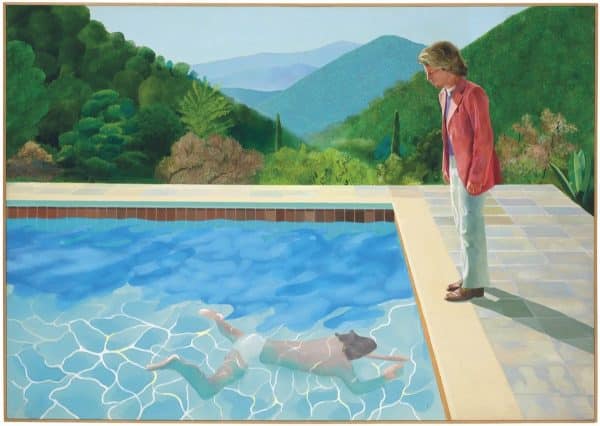
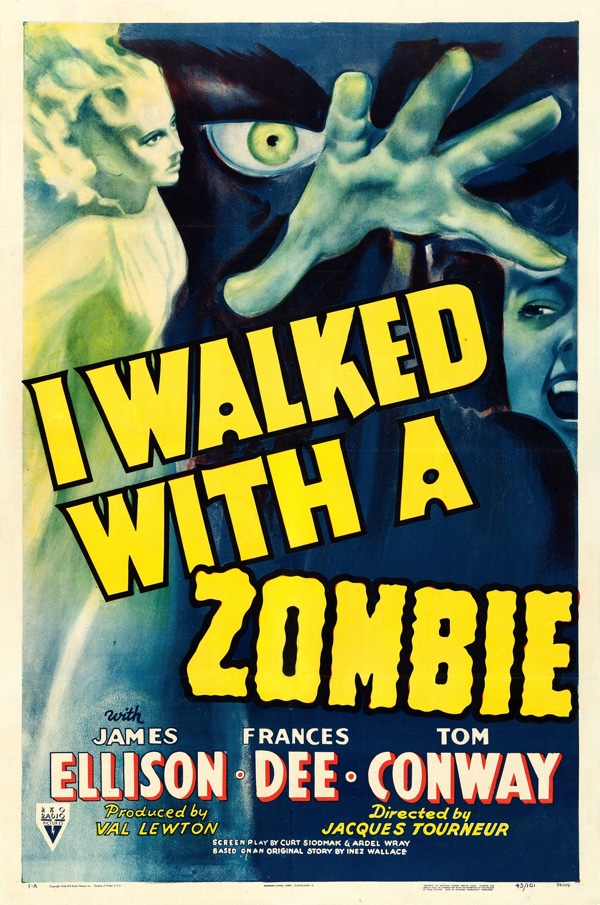
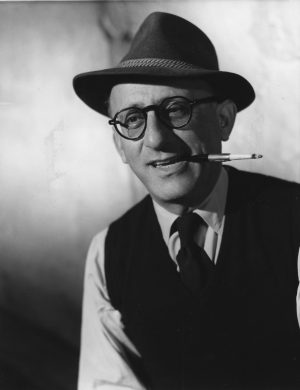 Dresden 1918, Robert Siodmak left his upper-middle class, orthodox Jewish home in this epicentre of European modern art, to join a theatre touring company. He was 18, and this was the first of many radical changes that would see him becoming a pioneer of film noir, and directing 56 feature films fraught with (anti)heroes who are morose, malevolent, violent and generally downbeat (spoilers).
Dresden 1918, Robert Siodmak left his upper-middle class, orthodox Jewish home in this epicentre of European modern art, to join a theatre touring company. He was 18, and this was the first of many radical changes that would see him becoming a pioneer of film noir, and directing 56 feature films fraught with (anti)heroes who are morose, malevolent, violent and generally downbeat (spoilers).
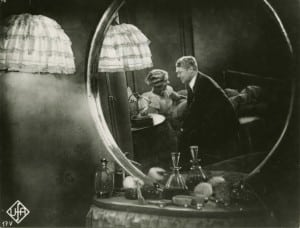

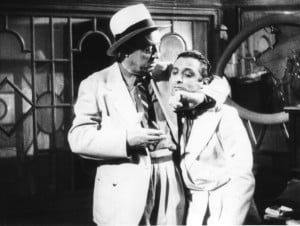


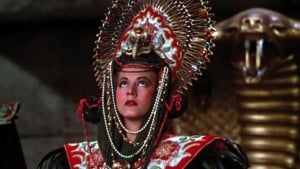

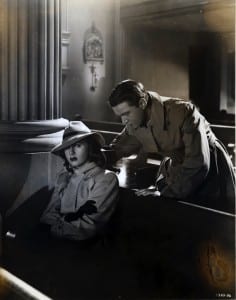
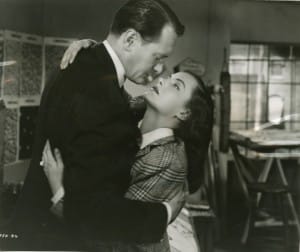
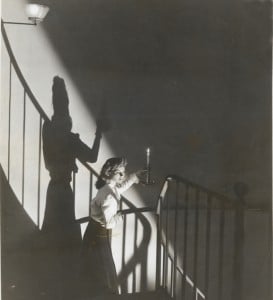
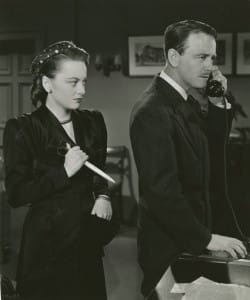
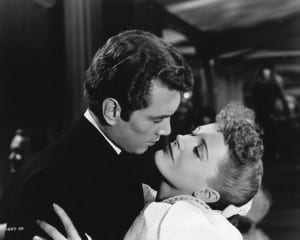
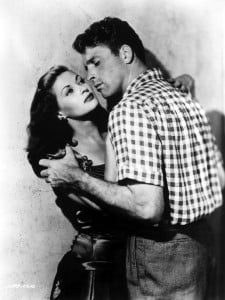
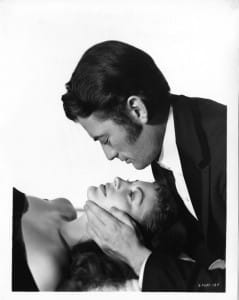
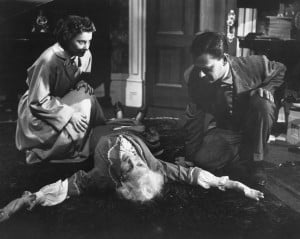
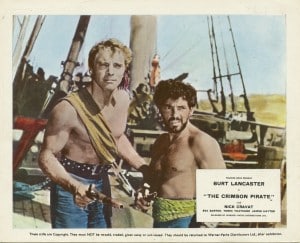
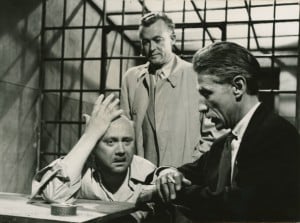
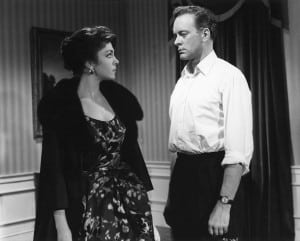



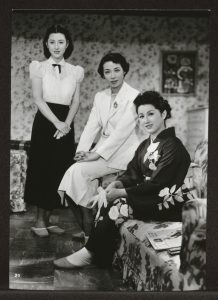 The Flavour of Green Tea Over Rice tells the story of a marriage slowly imploding as Japan shifts into the modern world from its pre war traditions.
The Flavour of Green Tea Over Rice tells the story of a marriage slowly imploding as Japan shifts into the modern world from its pre war traditions. The 73rd Cannes Film Festival is not the only celebration to be postponed by the 2020 pandemic that has derailed the film calendar sending some editions online.
The 73rd Cannes Film Festival is not the only celebration to be postponed by the 2020 pandemic that has derailed the film calendar sending some editions online.  Dirty weekends don’t come any dirtier than the one in this ferocious indie revenge thriller that has ravishing locations, a twisty storyline, and a female lead who is not just a pretty face.
Dirty weekends don’t come any dirtier than the one in this ferocious indie revenge thriller that has ravishing locations, a twisty storyline, and a female lead who is not just a pretty face.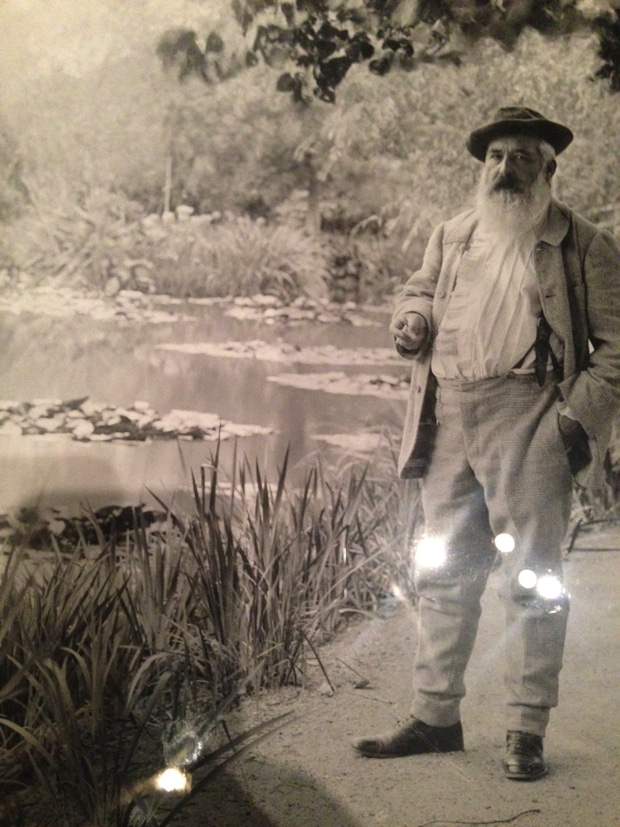



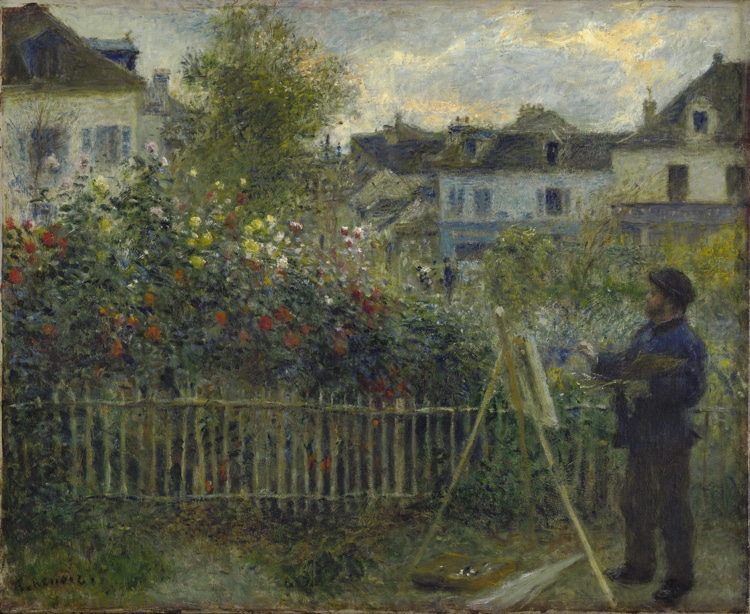
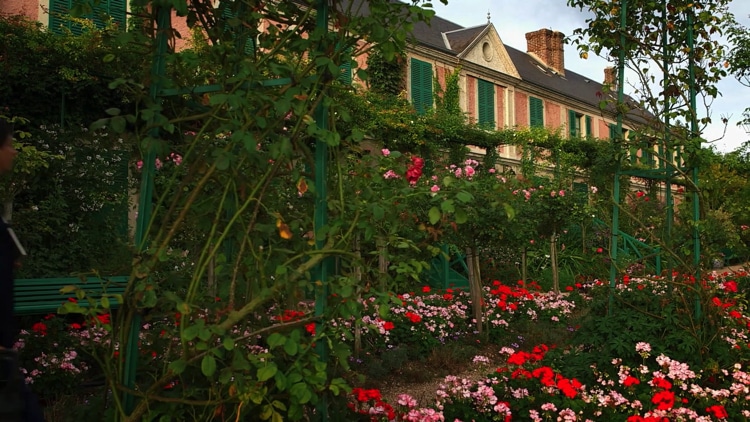
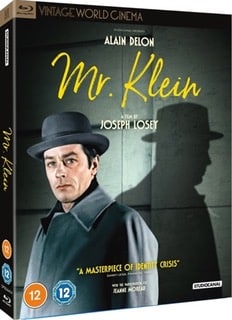
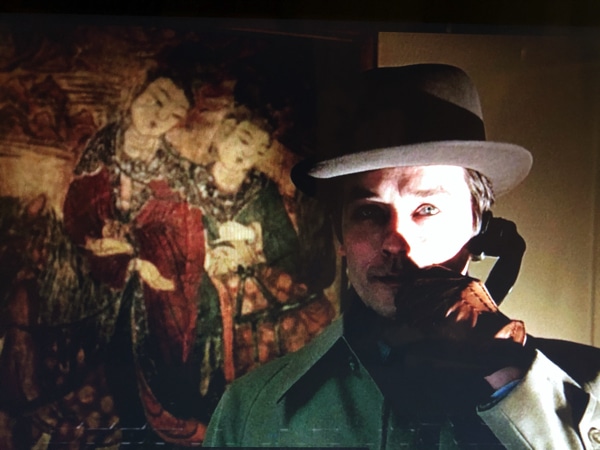 Elliptical in nature, in the same way as
Elliptical in nature, in the same way as 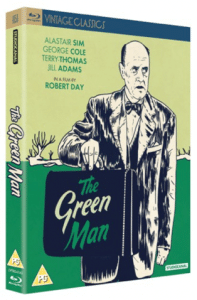
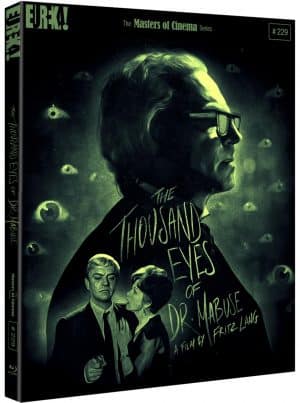 Dir.: Fritz Lang; Cast: Peter van Eyck, Dawn Addams, Gert Fröbe, Werner Peters, Wolfgang Preiss, Lupo Prezzo, Reinhard Kolldehoff; Germany/Italy/France 1960, 103 min.
Dir.: Fritz Lang; Cast: Peter van Eyck, Dawn Addams, Gert Fröbe, Werner Peters, Wolfgang Preiss, Lupo Prezzo, Reinhard Kolldehoff; Germany/Italy/France 1960, 103 min. Films don’t always end up the way their makers originally envisaged at their outset, and the maiden production of Michael Powell & Emeric Pressburger’s Archers Films would have turned out completely differently had Laurence Olivier been freed from the Fleet Air Arm to make it; since it is now impossible to imagine without third-billed Roger Livesey and his distinctive voice in the title role (in which at the age of 36 he convincingly ages forty years). The makers’ relative inexperience shows in the fact that they ended up with a initial cut over two and a half hours long; but fortunately J.Arthur Rank liked the film so much he let it hit cinemas as it was. Indeed, it was Pressburger’s favourite of the Rank outings, and would go on to influence the work of future filmmakers such as Scorsese in his The Age of Innocence and Tarantino who copied the device of beginning and ending a film be rerunning the same scene from the point of view of different characters.
Films don’t always end up the way their makers originally envisaged at their outset, and the maiden production of Michael Powell & Emeric Pressburger’s Archers Films would have turned out completely differently had Laurence Olivier been freed from the Fleet Air Arm to make it; since it is now impossible to imagine without third-billed Roger Livesey and his distinctive voice in the title role (in which at the age of 36 he convincingly ages forty years). The makers’ relative inexperience shows in the fact that they ended up with a initial cut over two and a half hours long; but fortunately J.Arthur Rank liked the film so much he let it hit cinemas as it was. Indeed, it was Pressburger’s favourite of the Rank outings, and would go on to influence the work of future filmmakers such as Scorsese in his The Age of Innocence and Tarantino who copied the device of beginning and ending a film be rerunning the same scene from the point of view of different characters.
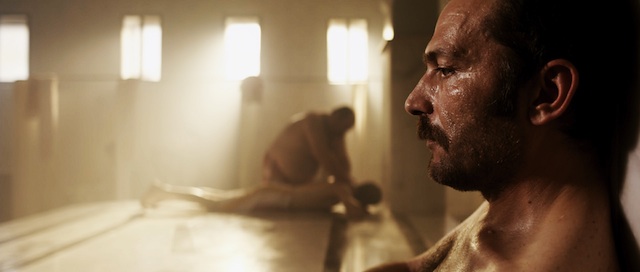
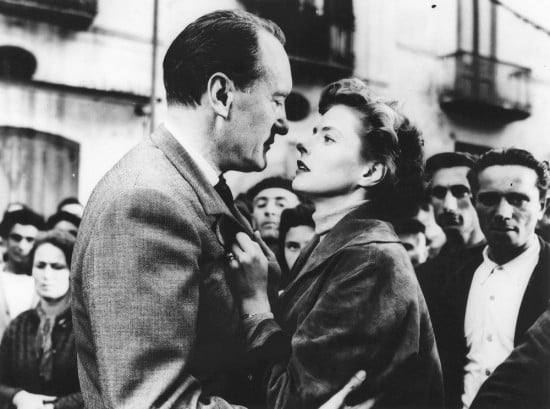
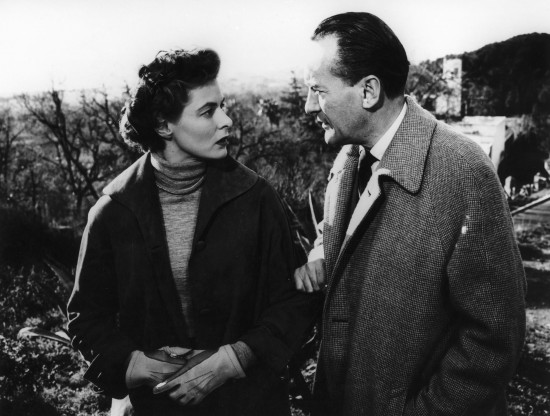
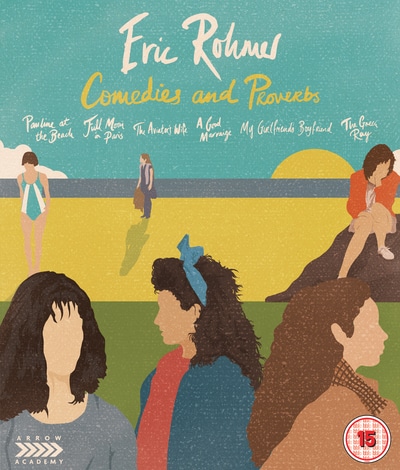 The Comedies and Proverbs series brings together six of Éric Rohmer’s best; the first entry in the series,
The Comedies and Proverbs series brings together six of Éric Rohmer’s best; the first entry in the series, 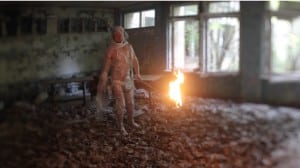
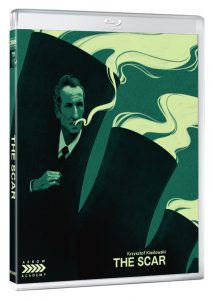
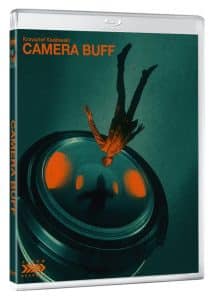
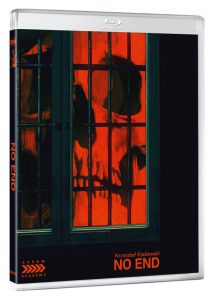
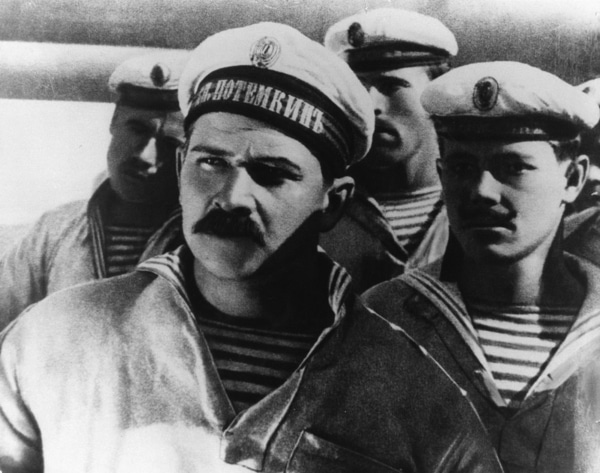

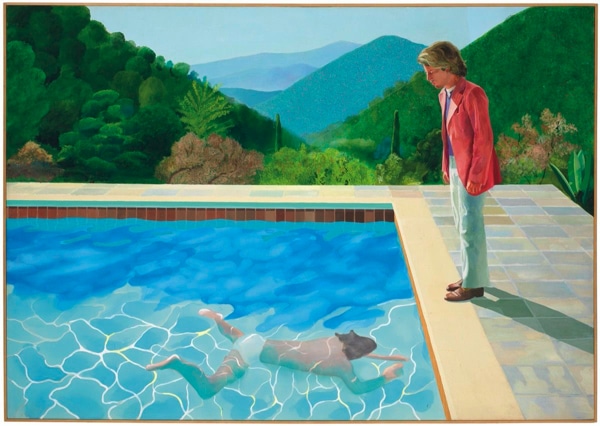
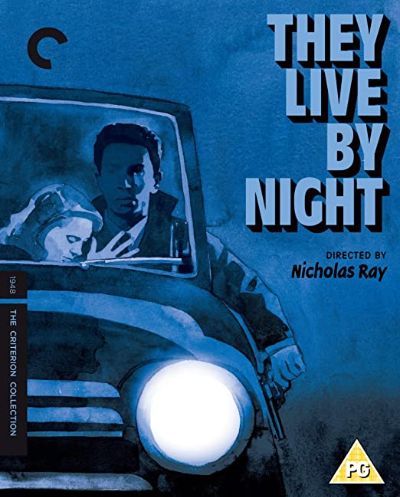 Legendary director Nicholas Ray began his career with this lyrical film noir, the first in a series of existential genre films overflowing with sympathy for America’s outcasts and underdogs. When the wide-eyed fugitive Bowie (Farley Granger), having broken out of prison with some bank robbers, meets the innocent Keechie (Cathy O’Donnell), each recognizes something in the other that no one else ever has.
Legendary director Nicholas Ray began his career with this lyrical film noir, the first in a series of existential genre films overflowing with sympathy for America’s outcasts and underdogs. When the wide-eyed fugitive Bowie (Farley Granger), having broken out of prison with some bank robbers, meets the innocent Keechie (Cathy O’Donnell), each recognizes something in the other that no one else ever has.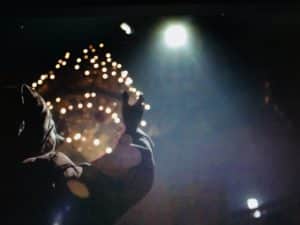 Concise and pithy, this colourful film is narrated on camera by Samuel Aghoyan, the Superior of the Armenian Church, who takes us through a potted history of his own arrival as a child in the Holy City, and gives a sardonic take on the internecine tiffs that add spice to the daily life of this legendary ecclesiastical HQ sitting proudly in the Christian Quarter of the Old City of Jerusalem.
Concise and pithy, this colourful film is narrated on camera by Samuel Aghoyan, the Superior of the Armenian Church, who takes us through a potted history of his own arrival as a child in the Holy City, and gives a sardonic take on the internecine tiffs that add spice to the daily life of this legendary ecclesiastical HQ sitting proudly in the Christian Quarter of the Old City of Jerusalem.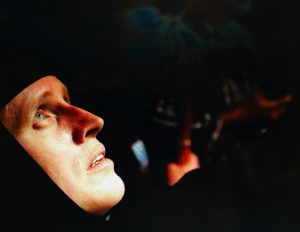 According to traditions, dating back to at least the fourth century, the building houses the two holiest sites in Christianity: the site where Jesus was crucified, at a place known as Calvary or Golgotha, and Jesus’s empty tomb, where he was buried and resurrected. The tomb is enclosed by a 19th-century shrine called the Aedicula. According to the history books, Jerusalem has had a chequered and controversial religious past. But eventually 260 years ago, the English were back in town and set up ‘The Status Quo’, an understanding between religious communities that must be respected across the board.
According to traditions, dating back to at least the fourth century, the building houses the two holiest sites in Christianity: the site where Jesus was crucified, at a place known as Calvary or Golgotha, and Jesus’s empty tomb, where he was buried and resurrected. The tomb is enclosed by a 19th-century shrine called the Aedicula. According to the history books, Jerusalem has had a chequered and controversial religious past. But eventually 260 years ago, the English were back in town and set up ‘The Status Quo’, an understanding between religious communities that must be respected across the board.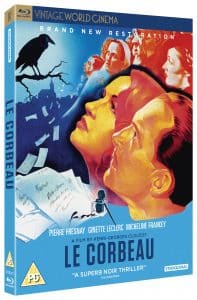 Le Corbeau (1942)
Le Corbeau (1942) Upon its release in 1943, Le Corbeau was condemned by the political left and right and the church, and Clouzot was banned from filmmaking for two years.
Upon its release in 1943, Le Corbeau was condemned by the political left and right and the church, and Clouzot was banned from filmmaking for two years.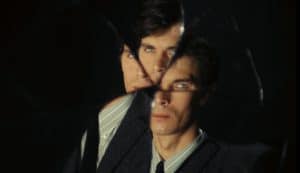 Woman in Chains (1968)
Woman in Chains (1968)
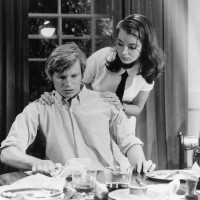
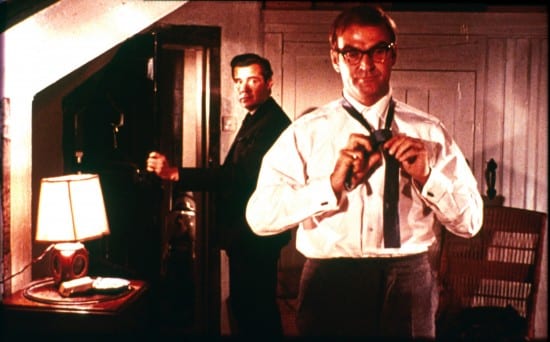
 The Navigator (1924, dir. Buster Keaton & Donald Crisp) – Wealthy Rollo Treadway (Keaton) suddenly decides to propose to his neighbour across the street, Betsy O’Brien (Kathryn McGuire), and sends his servant to book passage for a honeymoon sea cruise to Honolulu. When Betsy rejects his sudden offer however, he decides to go on the trip anyway, boarding without delay that night. Because the pier number is partially covered, he ends up on the wrong ship, the Navigator, which Betsy’s rich father has just sold to a small country at war. Keaton was unhappy with the audience response to Sherlock Jr., and endeavoured to make a follow-up that was both exciting and successful. The result was the biggest hit of Keaton’s career and his personal favourite.
The Navigator (1924, dir. Buster Keaton & Donald Crisp) – Wealthy Rollo Treadway (Keaton) suddenly decides to propose to his neighbour across the street, Betsy O’Brien (Kathryn McGuire), and sends his servant to book passage for a honeymoon sea cruise to Honolulu. When Betsy rejects his sudden offer however, he decides to go on the trip anyway, boarding without delay that night. Because the pier number is partially covered, he ends up on the wrong ship, the Navigator, which Betsy’s rich father has just sold to a small country at war. Keaton was unhappy with the audience response to Sherlock Jr., and endeavoured to make a follow-up that was both exciting and successful. The result was the biggest hit of Keaton’s career and his personal favourite.
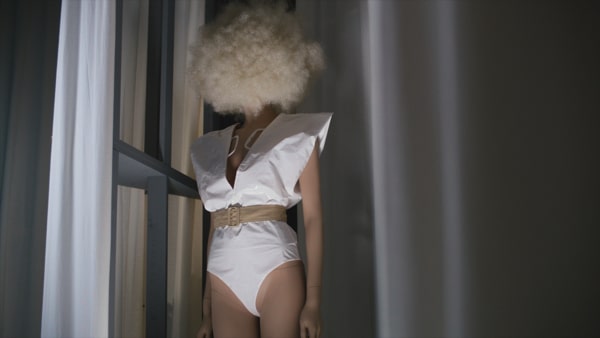
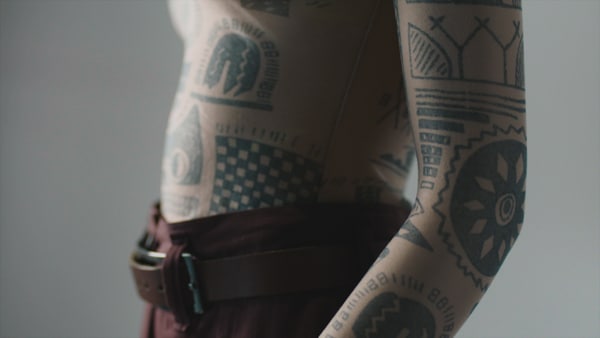
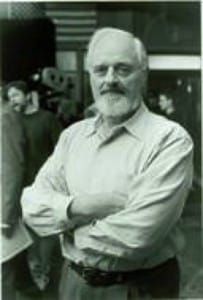


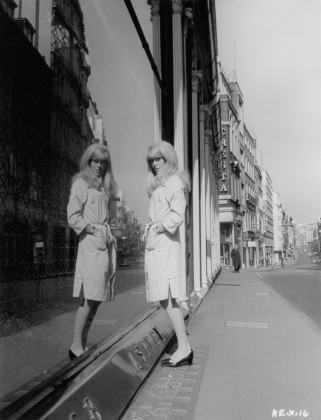
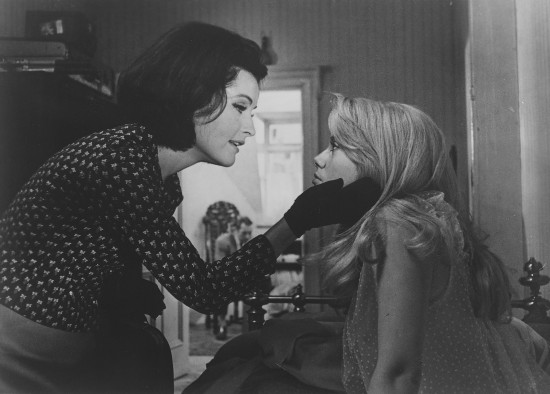
 Merce was also passionate about working with artists from other disciplines including composer John Cage, Cunningham’s longterm partner; the painter Robert Rauschenberg; and Andy Warhol whose collaboration is particularly striking in Merce’s 1968 Sci-fi themed dance work Rainforest which featured Warhol’s metallic helium-filled silver balloons (the Silver Clouds) that float around the dancers like something from outer space.
Merce was also passionate about working with artists from other disciplines including composer John Cage, Cunningham’s longterm partner; the painter Robert Rauschenberg; and Andy Warhol whose collaboration is particularly striking in Merce’s 1968 Sci-fi themed dance work Rainforest which featured Warhol’s metallic helium-filled silver balloons (the Silver Clouds) that float around the dancers like something from outer space.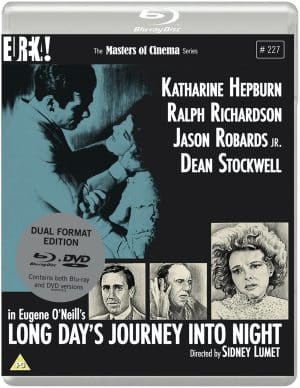 Nobel literate Eugene O’Neill (1888-1953) wrote Long Day’s Journey into Night in 1941/42. He stipulated that the highly autobiographical play should not be staged until 25 years after his death. But his widow Charlotta Monterey was so impressed by Lumet’s stage production of late husband’s play The Iceman Cometh she gave him the film rights despite higher bids from other directors. Trust the Swedes to get their paws on the gloomy Bergman-esque play), it premiered in in Stockholm in 1956, nine months before the first US staging in Boston and New York,
Nobel literate Eugene O’Neill (1888-1953) wrote Long Day’s Journey into Night in 1941/42. He stipulated that the highly autobiographical play should not be staged until 25 years after his death. But his widow Charlotta Monterey was so impressed by Lumet’s stage production of late husband’s play The Iceman Cometh she gave him the film rights despite higher bids from other directors. Trust the Swedes to get their paws on the gloomy Bergman-esque play), it premiered in in Stockholm in 1956, nine months before the first US staging in Boston and New York, L
L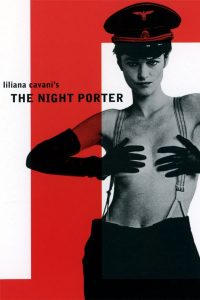 THE NIGHT PORTER (Il portiere di notte) Dir: Liliana Cavani | Cast: Dirk Bogarde, Charlotte Rampling, Philippe Leroy | 118 mins
THE NIGHT PORTER (Il portiere di notte) Dir: Liliana Cavani | Cast: Dirk Bogarde, Charlotte Rampling, Philippe Leroy | 118 mins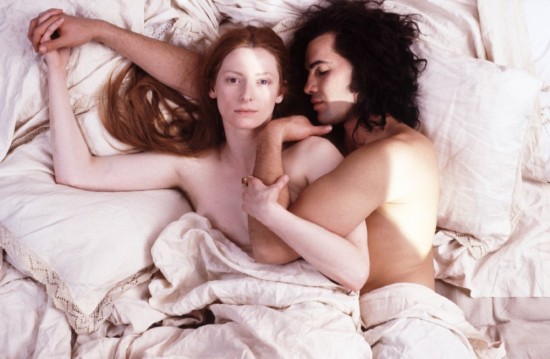
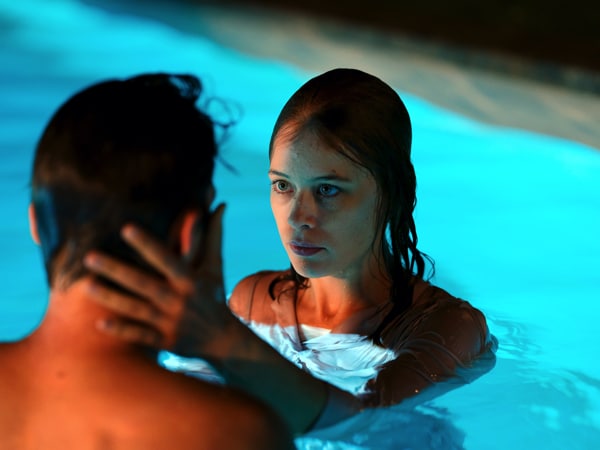
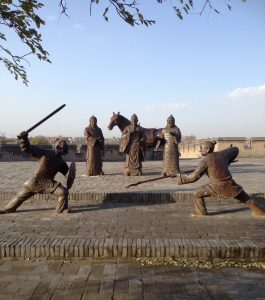
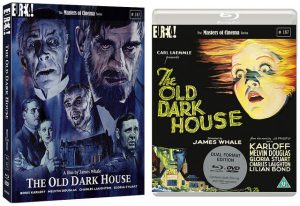 Dir: James Whale | Wri: Benn Levy/J B Priestley | Cast: Boris Karloff| Charles Laughton | Eva Moore | Gloria Stuart | Melvyn Douglas| Raymond Massey | Horror / Comedy |US 75′
Dir: James Whale | Wri: Benn Levy/J B Priestley | Cast: Boris Karloff| Charles Laughton | Eva Moore | Gloria Stuart | Melvyn Douglas| Raymond Massey | Horror / Comedy |US 75′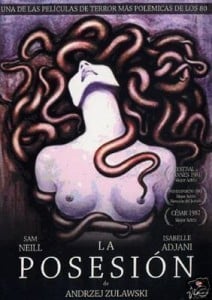
 Documentary wise: Ebs Burnough’s The Capote Tapes takes us back through the archives to revisit the iconic American novelist, while Nanni Moretti’s Santiago, Italia (left) explores the Italian role in rescuing exiles out of Chile after Pinochet’s Coup d’Etat.
Documentary wise: Ebs Burnough’s The Capote Tapes takes us back through the archives to revisit the iconic American novelist, while Nanni Moretti’s Santiago, Italia (left) explores the Italian role in rescuing exiles out of Chile after Pinochet’s Coup d’Etat. 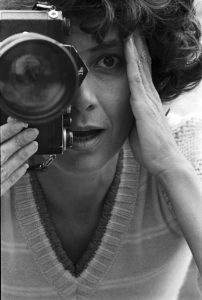 Women filmmakers will be also championed in Mark Cousins’ 2018 epic homage to the history of female talent: Women Make Film:
Women filmmakers will be also championed in Mark Cousins’ 2018 epic homage to the history of female talent: Women Make Film: Director Stanley Kramer (1913-2001) was always ready to bring controversial stories to the screen, Guess Who is Coming to Dinner being one of them. When he directed Aby Mann’s adaption of his own story in 1961, Judgement at Nuremberg was very much a slap in the face for Cold War warriors, who had forgiven (West) Germans the Holocaust, just to have old Nazis to fight against Bolshevism.
Director Stanley Kramer (1913-2001) was always ready to bring controversial stories to the screen, Guess Who is Coming to Dinner being one of them. When he directed Aby Mann’s adaption of his own story in 1961, Judgement at Nuremberg was very much a slap in the face for Cold War warriors, who had forgiven (West) Germans the Holocaust, just to have old Nazis to fight against Bolshevism.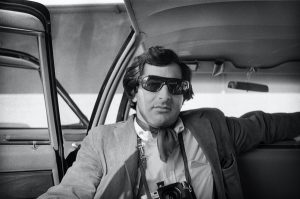
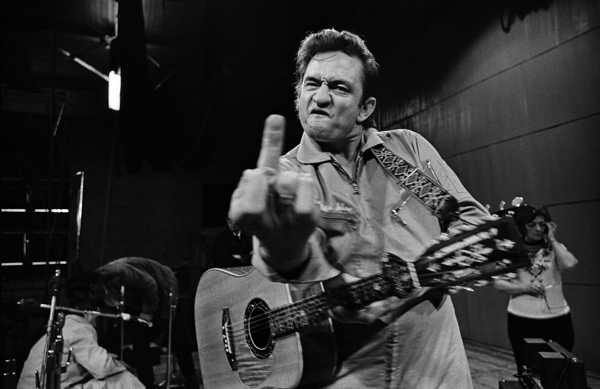
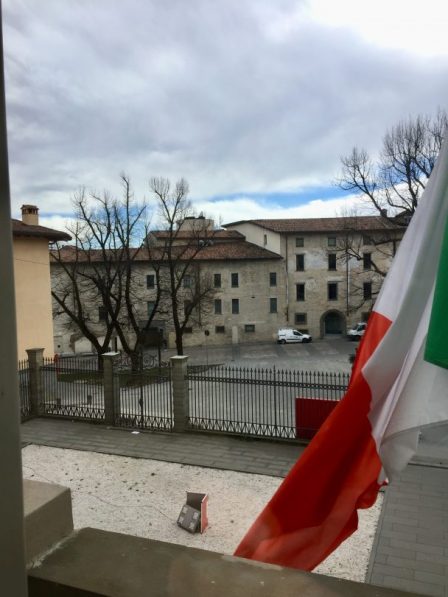 BERGAMO FILM MEETING is back for its 38th edition running from 7th March until Sunday 15th in the alpine region of Lombardy.
BERGAMO FILM MEETING is back for its 38th edition running from 7th March until Sunday 15th in the alpine region of Lombardy.  In his final year as creative director Bero Beyer recently announced the 2020 line-up for the 49th International Film Festival Rotterdam (IFFR) including the 10 films selected for the Tiger Competition. Known for its edgy arthouse bias, this year’s film include Kim Yong-hoon’s South Korean crime drama Beasts Clawing at Straws; Arun Karthick’s Nasir, a portrait of theHindu-nationalist province of Tamil Nadu; and Jorge Thielen Armand’s drama La fortaleza, set in the jungles of Venezuela.
In his final year as creative director Bero Beyer recently announced the 2020 line-up for the 49th International Film Festival Rotterdam (IFFR) including the 10 films selected for the Tiger Competition. Known for its edgy arthouse bias, this year’s film include Kim Yong-hoon’s South Korean crime drama Beasts Clawing at Straws; Arun Karthick’s Nasir, a portrait of theHindu-nationalist province of Tamil Nadu; and Jorge Thielen Armand’s drama La fortaleza, set in the jungles of Venezuela.

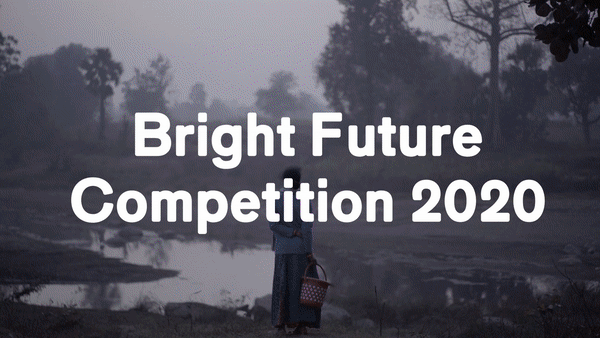
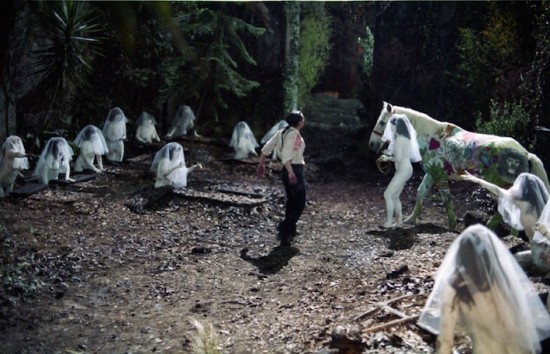
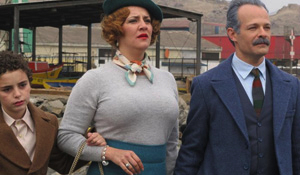
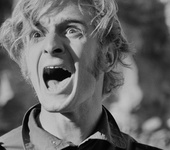 FANDO Y LIS (1968)
FANDO Y LIS (1968) The former artistic director of the Royal Academy Tim Marlow takes us round Lucian Freud’s first and only exhibition at the London gallery (until 26 January 2020). Although Freud is seen as a modern artist his work is very much connected to that ‘old master’, painterly tradition of Titian and Rembrandt: Few modern artists have explored the human body with such intensity, and such determination. Of course, he was a gambler, a playboy and a bon viveur, but few artists spent as much time in their studio as Lucian Freud. The RA’s Andrea Tarsia explains how he pitted his developing style against his personal life, scrutinising himself as much as his subjects. His single-minded passion focused on self-portraiture as much as on those his was painting:. “Everything is a self-portrait”. Often his subjects are not even named: what mattered more to him was the immediacy of the situation, the spontaneity of the gaze. Accompanied by a jazzy score the doc conveys the energy and charisma that seems to spin off each hypnotic portrait, even a small canvas can dominate a room.
The former artistic director of the Royal Academy Tim Marlow takes us round Lucian Freud’s first and only exhibition at the London gallery (until 26 January 2020). Although Freud is seen as a modern artist his work is very much connected to that ‘old master’, painterly tradition of Titian and Rembrandt: Few modern artists have explored the human body with such intensity, and such determination. Of course, he was a gambler, a playboy and a bon viveur, but few artists spent as much time in their studio as Lucian Freud. The RA’s Andrea Tarsia explains how he pitted his developing style against his personal life, scrutinising himself as much as his subjects. His single-minded passion focused on self-portraiture as much as on those his was painting:. “Everything is a self-portrait”. Often his subjects are not even named: what mattered more to him was the immediacy of the situation, the spontaneity of the gaze. Accompanied by a jazzy score the doc conveys the energy and charisma that seems to spin off each hypnotic portrait, even a small canvas can dominate a room.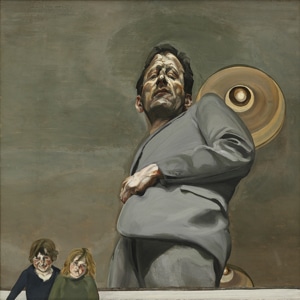 A sensuality entered the artist’s work in the late 1950s and early 1960 where an emphasis on touch starts to appear. This is most noticeable during a trip to Ian Fleming’s Golden Eye when he painted a Flemish style portrait on a small scrap of copper. It sees him putting his finger on his lips and was the start of this sensuous awareness. The 1960s also marked a switch to hog-hair brushes with ‘Man’s Head’ (1963) and the restless associated portraits, smooth backgrounds allowing the face to stand out. Although Freud admired Francis Bacon’s style of working in a gestural way, his own work increasingly gained a more structural, almost architectural element, as he slotted colours together with pasty brushstrokes, trying to make the paint tell the story.
A sensuality entered the artist’s work in the late 1950s and early 1960 where an emphasis on touch starts to appear. This is most noticeable during a trip to Ian Fleming’s Golden Eye when he painted a Flemish style portrait on a small scrap of copper. It sees him putting his finger on his lips and was the start of this sensuous awareness. The 1960s also marked a switch to hog-hair brushes with ‘Man’s Head’ (1963) and the restless associated portraits, smooth backgrounds allowing the face to stand out. Although Freud admired Francis Bacon’s style of working in a gestural way, his own work increasingly gained a more structural, almost architectural element, as he slotted colours together with pasty brushstrokes, trying to make the paint tell the story. Lucian Freud’s large 1993 self-portrait is defiant – he was 71, but still emanated power and excitement; his greatest fear was losing his mind, but he was also concerned about his physical vigour. ‘Benefits Supervisor Sleeping’ (1995) sold in 2008 for 33.6million dollars – the highest price ever paid for a work by a living artist. Freud carried on painting voraciously until his death on 20 July 2011. He was 88. “Being with him was like being plugged into the National Grid for an hour” said one sitter. “Freud was one of the great European painters of the last 500 years. He’s one of those big figures across the centuries, rather than representative of an era or a movement” says Tim Marlow. “Tradition is a big word but Lucian challenged tradition constantly”. Jasper Sharp adds him to a list that goes back to Holbein; Durer; Cranach and Rembrandt. And he goes on: “Freud gives that list a little shuffle, making us look at Rembrandt a bit differently and Holbein a bit differently through his eyes, and through himself”. And that is a remarkable achievement for any artist. MT
Lucian Freud’s large 1993 self-portrait is defiant – he was 71, but still emanated power and excitement; his greatest fear was losing his mind, but he was also concerned about his physical vigour. ‘Benefits Supervisor Sleeping’ (1995) sold in 2008 for 33.6million dollars – the highest price ever paid for a work by a living artist. Freud carried on painting voraciously until his death on 20 July 2011. He was 88. “Being with him was like being plugged into the National Grid for an hour” said one sitter. “Freud was one of the great European painters of the last 500 years. He’s one of those big figures across the centuries, rather than representative of an era or a movement” says Tim Marlow. “Tradition is a big word but Lucian challenged tradition constantly”. Jasper Sharp adds him to a list that goes back to Holbein; Durer; Cranach and Rembrandt. And he goes on: “Freud gives that list a little shuffle, making us look at Rembrandt a bit differently and Holbein a bit differently through his eyes, and through himself”. And that is a remarkable achievement for any artist. MT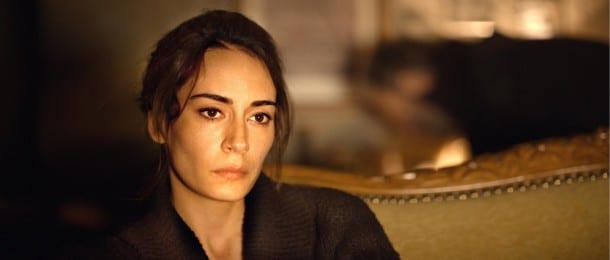
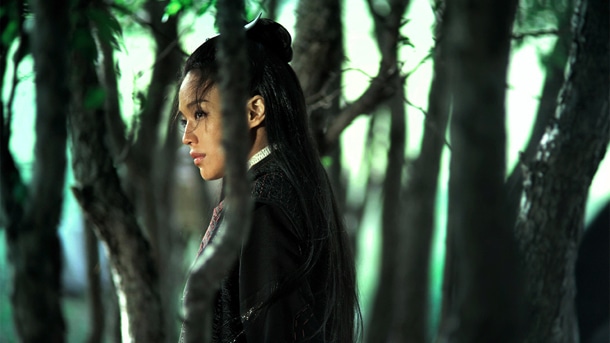
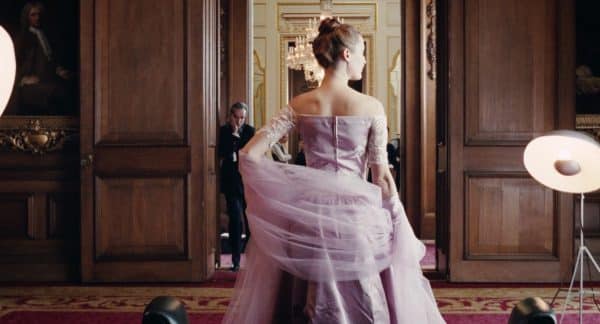
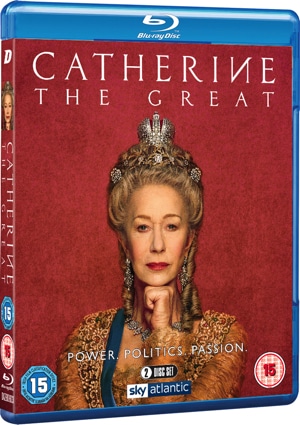 Catherine the Great
Catherine the Great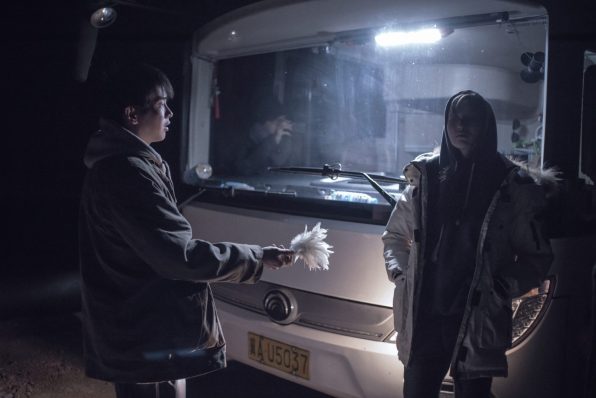 AN ELEPHANT SITTING STILL (2019)
AN ELEPHANT SITTING STILL (2019)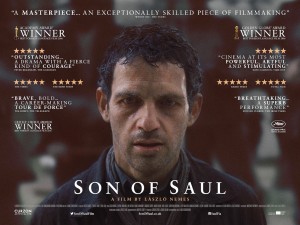 SON OF SAUL (2015) Laszlo Nemez
SON OF SAUL (2015) Laszlo Nemez Karina went on to star in seven of his films, the first was Le Petit Soldat that same year. She won Best Actress at the Berlin Film Festival in 1961 for Une Femme est une Femme. While marriage to Godard was stormy to say the least – he neglected her emotionally – “he was the sort of man who would go for a packet of cigarettes and return three weeks later” – their artistic relationship blossomed with a string of New Wave hits: Vivre sa Vie (1962); Bande a Part (1964); Pierrot Le Fou (1965); Alphaville (1965) and Made in USA (1966). When Godard cast her in his episode ‘Anticipation’ for The Oldest Profession (1966), they were already divorced and not on speaking terms. But Karina stayed loyal to Godard and a few years ago at the BFI she talked about him in glowing terms.
Karina went on to star in seven of his films, the first was Le Petit Soldat that same year. She won Best Actress at the Berlin Film Festival in 1961 for Une Femme est une Femme. While marriage to Godard was stormy to say the least – he neglected her emotionally – “he was the sort of man who would go for a packet of cigarettes and return three weeks later” – their artistic relationship blossomed with a string of New Wave hits: Vivre sa Vie (1962); Bande a Part (1964); Pierrot Le Fou (1965); Alphaville (1965) and Made in USA (1966). When Godard cast her in his episode ‘Anticipation’ for The Oldest Profession (1966), they were already divorced and not on speaking terms. But Karina stayed loyal to Godard and a few years ago at the BFI she talked about him in glowing terms.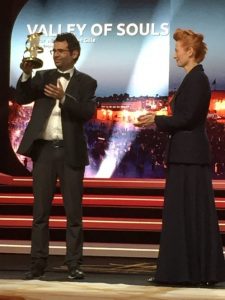 Dir|Wri: Nicolás Rincón Gille | Doc 136′ | Columbia, Belgium
Dir|Wri: Nicolás Rincón Gille | Doc 136′ | Columbia, Belgium “Stanislavsky said there are no small parts, only small actors”. Harvey Keitel proved this when he took the ‘unadvertised lead’ with a few lines and made it into a memorable one as ‘a pimp standing in the doorway’ in Martin Scorsese’s Taxi Driver. Scorsese had wanted him to be the campaign worker, but he took his cue from years of living in Hell’s Kitchen amongst the drug traffickers and sex workers of the area. Spending two weeks learning to be the pimp after having first playing the girl during rehearsals the words of the real life pimp still send chills down his body: “Remember. You love her”
“Stanislavsky said there are no small parts, only small actors”. Harvey Keitel proved this when he took the ‘unadvertised lead’ with a few lines and made it into a memorable one as ‘a pimp standing in the doorway’ in Martin Scorsese’s Taxi Driver. Scorsese had wanted him to be the campaign worker, but he took his cue from years of living in Hell’s Kitchen amongst the drug traffickers and sex workers of the area. Spending two weeks learning to be the pimp after having first playing the girl during rehearsals the words of the real life pimp still send chills down his body: “Remember. You love her”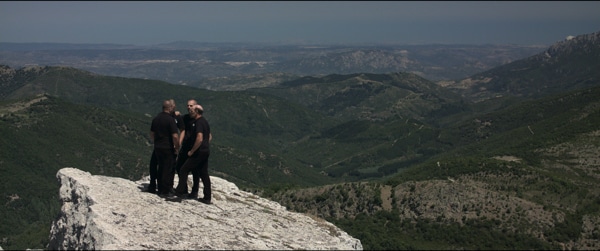
 Marrakech Film Festival is one of the most glamorous events in the film festival circuit attracting professionals and film lovers from all over the World and honouring global film in all its forms. This year’s International Competition Jury is headed by Tilda Swinton, who has starred in over 70 feature films, most recently in The Personal History of David Copperfield, and Wes Anderson latest comedy drama The French Dispatch which will premiere early next year.
Marrakech Film Festival is one of the most glamorous events in the film festival circuit attracting professionals and film lovers from all over the World and honouring global film in all its forms. This year’s International Competition Jury is headed by Tilda Swinton, who has starred in over 70 feature films, most recently in The Personal History of David Copperfield, and Wes Anderson latest comedy drama The French Dispatch which will premiere early next year.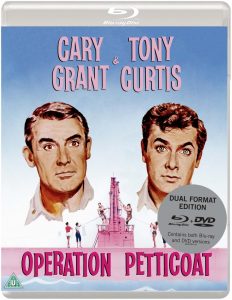 Dir: Blake Edwards | Cast: Cary Grant, Tony Curtis, Joan O’Brien, Dina Merrill, Gene Evans, Dick Sargent (TV’s Bewitched) | US Drama 124′
Dir: Blake Edwards | Cast: Cary Grant, Tony Curtis, Joan O’Brien, Dina Merrill, Gene Evans, Dick Sargent (TV’s Bewitched) | US Drama 124′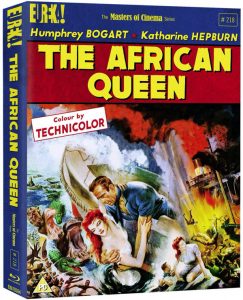 The African Queen, is one of the best romantic adventures to come out of the First World War. Adapted from a novel by C.S. Forester, this rollicking rollercoaster sees Bogart and Hepburn as an unlikely couple forced to travel together down a hazardous East African river.
The African Queen, is one of the best romantic adventures to come out of the First World War. Adapted from a novel by C.S. Forester, this rollicking rollercoaster sees Bogart and Hepburn as an unlikely couple forced to travel together down a hazardous East African river.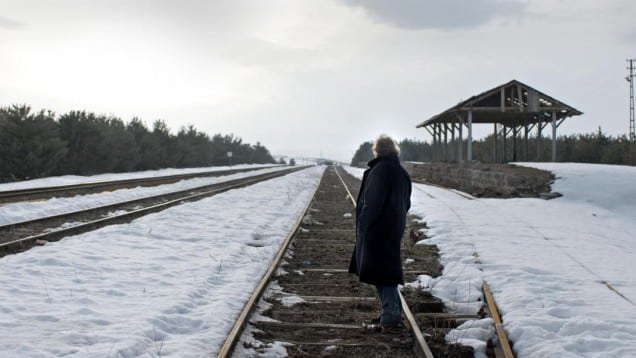
 Woman’s Day
Woman’s Day Irina Zhuravleva and Vladislav Grishin have developed a meditative approach to studying the lives of bears in the South Kamchatka Federal Sanctuary. In Kamchatka Bears: Life Begins, music, ambient sounds and the absence of a human voices makes this a chance to experience nature at its purest form.
Irina Zhuravleva and Vladislav Grishin have developed a meditative approach to studying the lives of bears in the South Kamchatka Federal Sanctuary. In Kamchatka Bears: Life Begins, music, ambient sounds and the absence of a human voices makes this a chance to experience nature at its purest form. Great Poetry is a portrait of loneliness, friendship and betrayal that sees two men clinging together for survival as cash collectors in the outskirts of Moscow where their time is spent moving money for other people and gaming on cockfights at a dorm of migrant workers. Dreaming of a better future, they enrol on a poetry class but sadly find it easier to make a living as petty criminals in this wistful reflection on 19th ideals. Aleksandr Kutznetsov was awarded Best Actor or his performance in the film that also won Lungin Best Director at this year’s Sochi Russian Open Film Festival
Great Poetry is a portrait of loneliness, friendship and betrayal that sees two men clinging together for survival as cash collectors in the outskirts of Moscow where their time is spent moving money for other people and gaming on cockfights at a dorm of migrant workers. Dreaming of a better future, they enrol on a poetry class but sadly find it easier to make a living as petty criminals in this wistful reflection on 19th ideals. Aleksandr Kutznetsov was awarded Best Actor or his performance in the film that also won Lungin Best Director at this year’s Sochi Russian Open Film Festival Alexander Zolotukhin’s elegiac portrait of a young Russian soldier pieces together the early days of the The First World War when tragedy strikes even before glory is allowed to show its face. Three decades later, at the beginning of the Second World War, Rachmaninoff will create “Symphonic dances” op.45, an even more grand and vigorous work which was also his swansong. A tender tragedy suffused with courage and melancholy.
Alexander Zolotukhin’s elegiac portrait of a young Russian soldier pieces together the early days of the The First World War when tragedy strikes even before glory is allowed to show its face. Three decades later, at the beginning of the Second World War, Rachmaninoff will create “Symphonic dances” op.45, an even more grand and vigorous work which was also his swansong. A tender tragedy suffused with courage and melancholy.
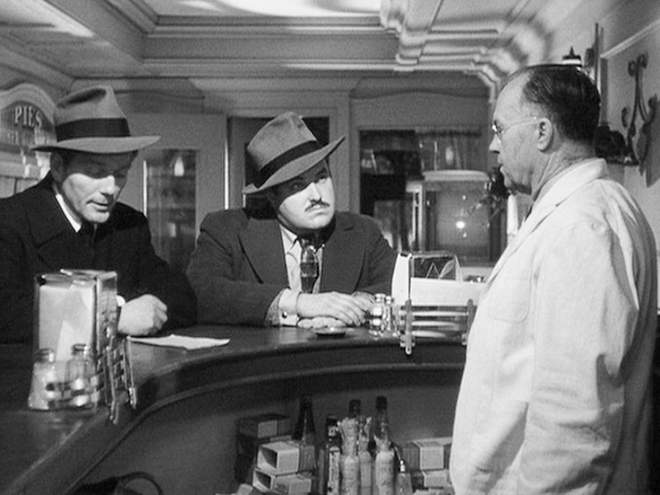
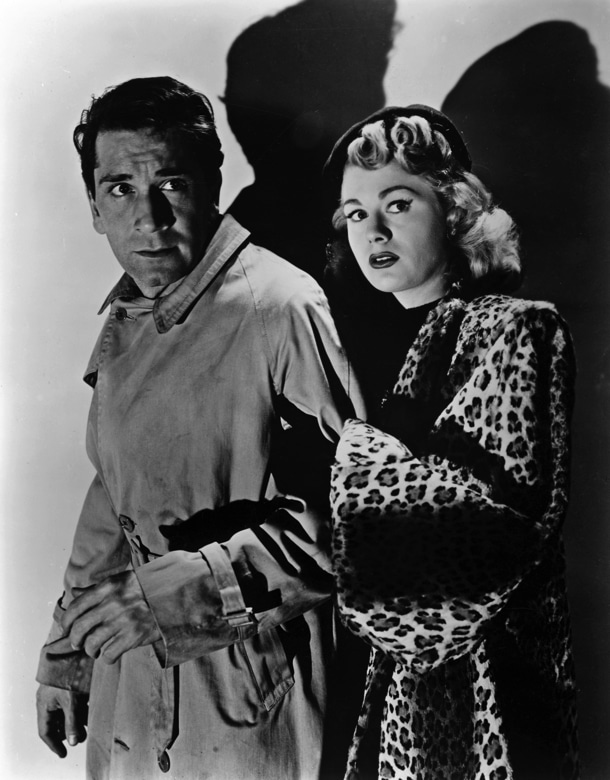
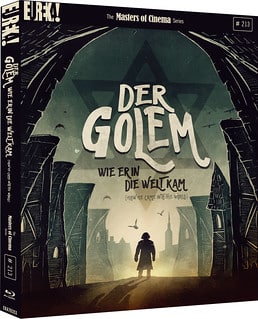 The Golem was one of the highlights of German Expressionism. Directors Paul Wegener (The Student of Prague) and Carl Boese (Grock) created a world of chaos and destruction in the Jewish ghetto of Prague, where love and political commitment are shown as equally destructive.
The Golem was one of the highlights of German Expressionism. Directors Paul Wegener (The Student of Prague) and Carl Boese (Grock) created a world of chaos and destruction in the Jewish ghetto of Prague, where love and political commitment are shown as equally destructive.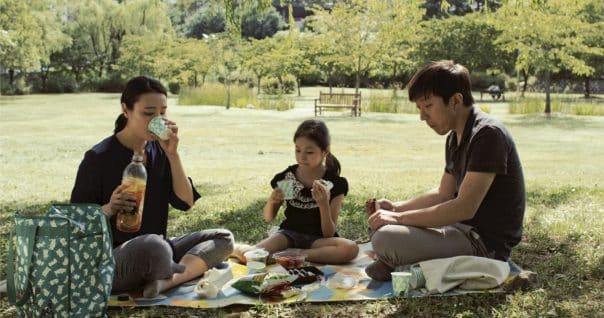
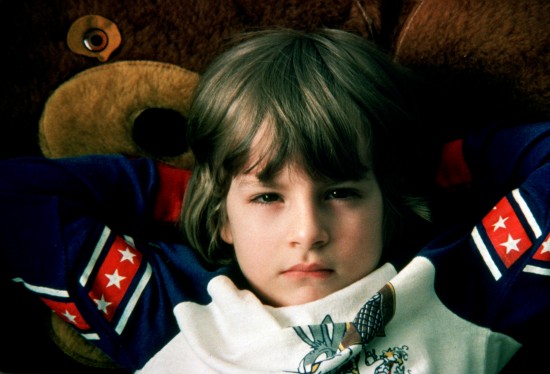
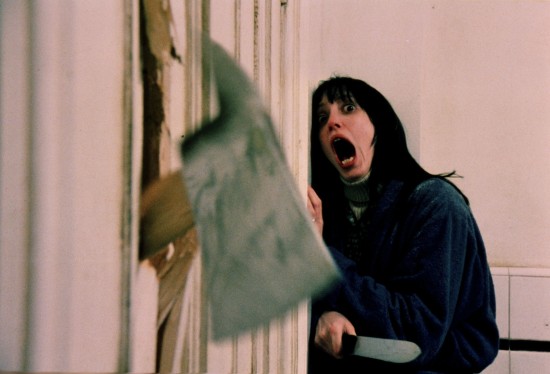
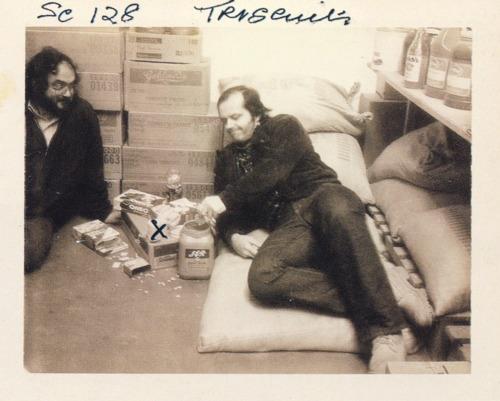
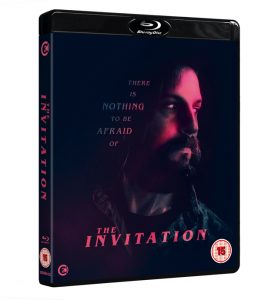 Dir: Karyn Kusama | Wri: Phil Hay | US Thriller 100′
Dir: Karyn Kusama | Wri: Phil Hay | US Thriller 100′ A towering figure of American cinema, Samuel Fuller was a master of the B-movie, a pulp maestro whose iconoclastic vision elevated the American genre film to new heights. After the major success of The Steel Helmet, Fuller was put under contract by Twentieth Century Fox after being impressed by Darryl F. Zanuck’s direct sales pitch (other studios offered Fuller money and tax shelters; Zanuck simply told him, “We make better movies.”).
A towering figure of American cinema, Samuel Fuller was a master of the B-movie, a pulp maestro whose iconoclastic vision elevated the American genre film to new heights. After the major success of The Steel Helmet, Fuller was put under contract by Twentieth Century Fox after being impressed by Darryl F. Zanuck’s direct sales pitch (other studios offered Fuller money and tax shelters; Zanuck simply told him, “We make better movies.”). Dir Miloš Forman | Cast: John Savage, Treat Williams, Beverly D’Angelo, Annie Golden | US Comedy musical 121′
Dir Miloš Forman | Cast: John Savage, Treat Williams, Beverly D’Angelo, Annie Golden | US Comedy musical 121′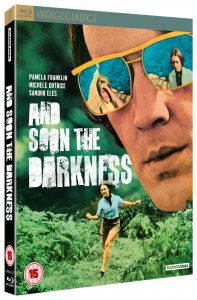 Dir: Robert Fuest | UK Thriller 99′
Dir: Robert Fuest | UK Thriller 99′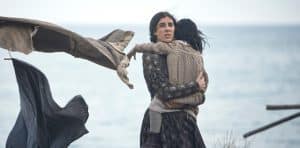 LA DONA DEL SEGLE | The Woman of the Century
LA DONA DEL SEGLE | The Woman of the Century Dir: John Irwin | US Thriller 118′
Dir: John Irwin | US Thriller 118′ Dir: Joseph Losey | 97′ UK Crime drama
Dir: Joseph Losey | 97′ UK Crime drama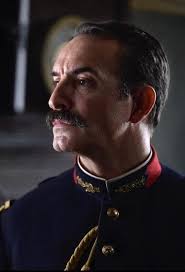 Dir: Roman Polanski | Wri: Robert Harris | 122’
Dir: Roman Polanski | Wri: Robert Harris | 122’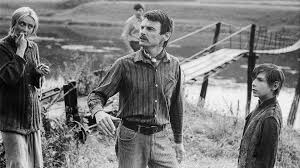 Dir: Andrey A Tarkovskiy | Russia Doc 97’
Dir: Andrey A Tarkovskiy | Russia Doc 97’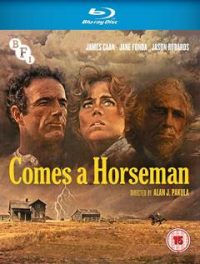 Dir: Alan J Pakula | Western | US 118′
Dir: Alan J Pakula | Western | US 118′ Dominating Pier Paolo Pasolini’s work of the 1970s, is a trio of exuberant dramas that explore three literary classics: Giovanni Boccaccio’s The Decameron (1971), Geoffrey Chaucer’s The Canterbury Tales (1972) and The Thousand and One Nights (1974) (often known as The Arabian Nights). These came to be known as his ‘Trilogy of Life’.
Dominating Pier Paolo Pasolini’s work of the 1970s, is a trio of exuberant dramas that explore three literary classics: Giovanni Boccaccio’s The Decameron (1971), Geoffrey Chaucer’s The Canterbury Tales (1972) and The Thousand and One Nights (1974) (often known as The Arabian Nights). These came to be known as his ‘Trilogy of Life’. Losey’s adaptation of LP Hartley’s novel is arguably his masterpiece. Pinter’s script adds a darkly amusing twist to the torrid love and coming of age story set in the lush summer landscapes of Norfolk to Michel Legrand’s iconic score.
Losey’s adaptation of LP Hartley’s novel is arguably his masterpiece. Pinter’s script adds a darkly amusing twist to the torrid love and coming of age story set in the lush summer landscapes of Norfolk to Michel Legrand’s iconic score. Joanna Hogg is the only living female filmmaker who portrays a particular English contemporary milieu. Usually creative, invariably white and well-educated, these characters are liberal in outlook and mostly live in London. With such unique sensibilities and vision she is able to understand and convey as certain type of middle class angst (borne out of having to do the right thing, irrespective of personal choice). She did it gracefully in Unrelated (2007), Archipelago (2010) and Exhibition (2013), And she does it peerlessly again here with The Souvenir, a nuanced and delicately drawn story of addiction and strained relationships that very much echoes its time and place: the late 1980s – although it was inspired and takes its name from Fragonard’s painting, a motif that runs through the film.
Joanna Hogg is the only living female filmmaker who portrays a particular English contemporary milieu. Usually creative, invariably white and well-educated, these characters are liberal in outlook and mostly live in London. With such unique sensibilities and vision she is able to understand and convey as certain type of middle class angst (borne out of having to do the right thing, irrespective of personal choice). She did it gracefully in Unrelated (2007), Archipelago (2010) and Exhibition (2013), And she does it peerlessly again here with The Souvenir, a nuanced and delicately drawn story of addiction and strained relationships that very much echoes its time and place: the late 1980s – although it was inspired and takes its name from Fragonard’s painting, a motif that runs through the film.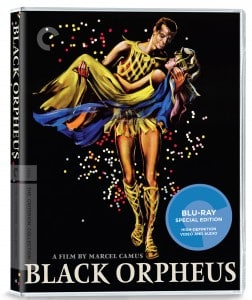
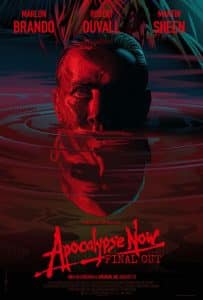 In celebration of its 40 year anniversary Apocalypse Now Final Cut, offers a chance to see the full 180 minute version for the first time ever. Coppola’s spectacular cinematic masterpiece on the big screen and in a Blu-ray version.
In celebration of its 40 year anniversary Apocalypse Now Final Cut, offers a chance to see the full 180 minute version for the first time ever. Coppola’s spectacular cinematic masterpiece on the big screen and in a Blu-ray version.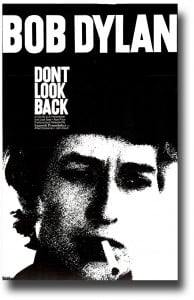

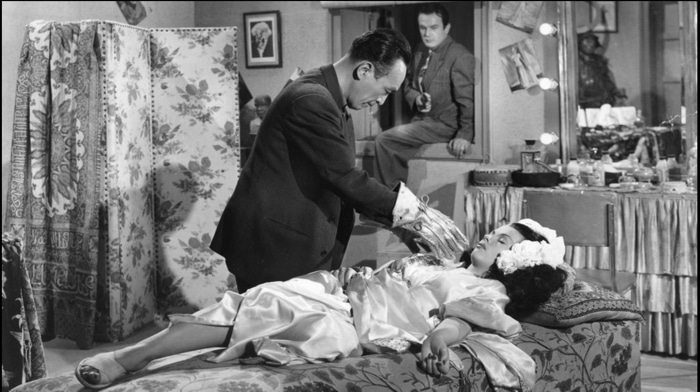
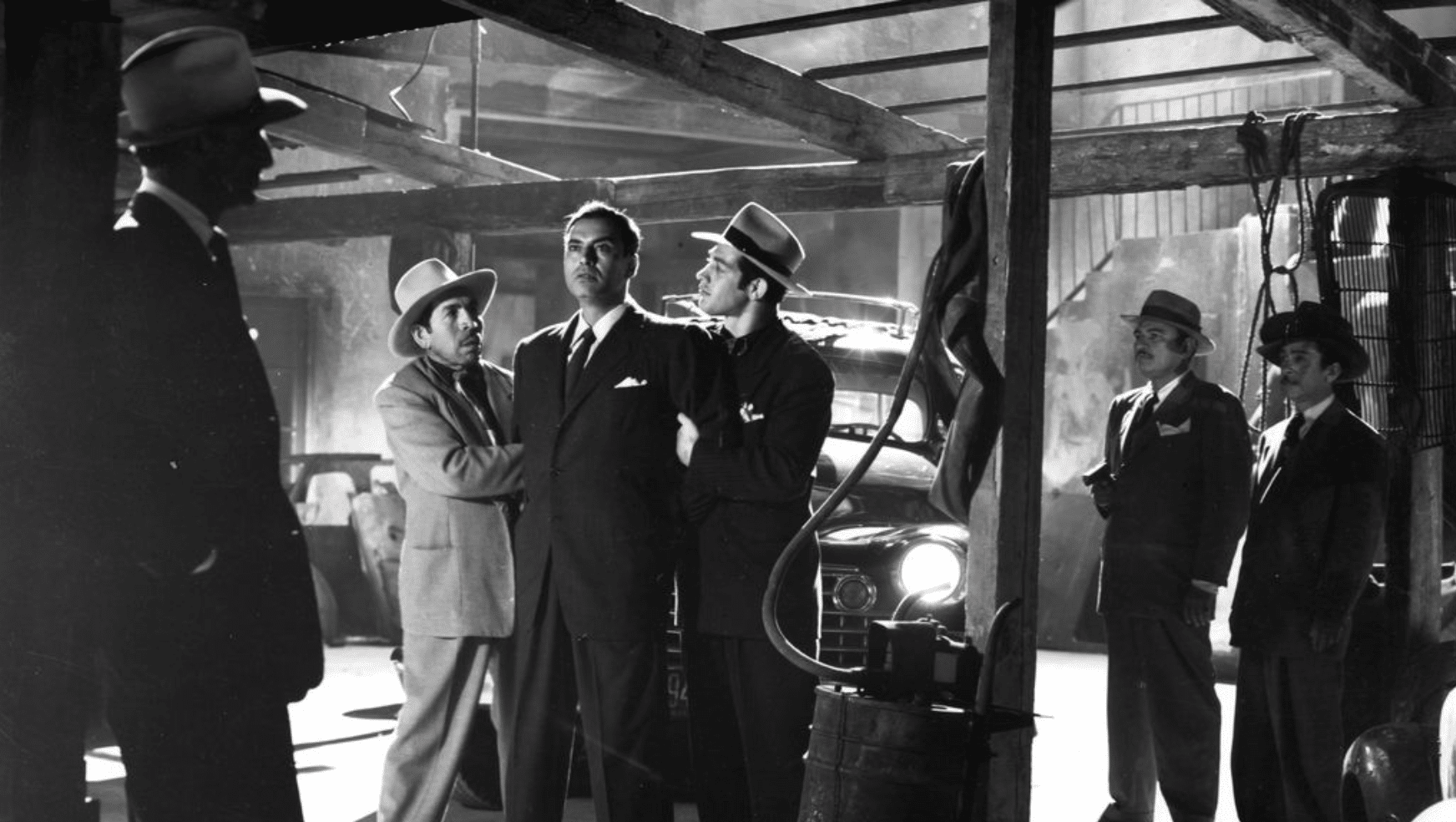
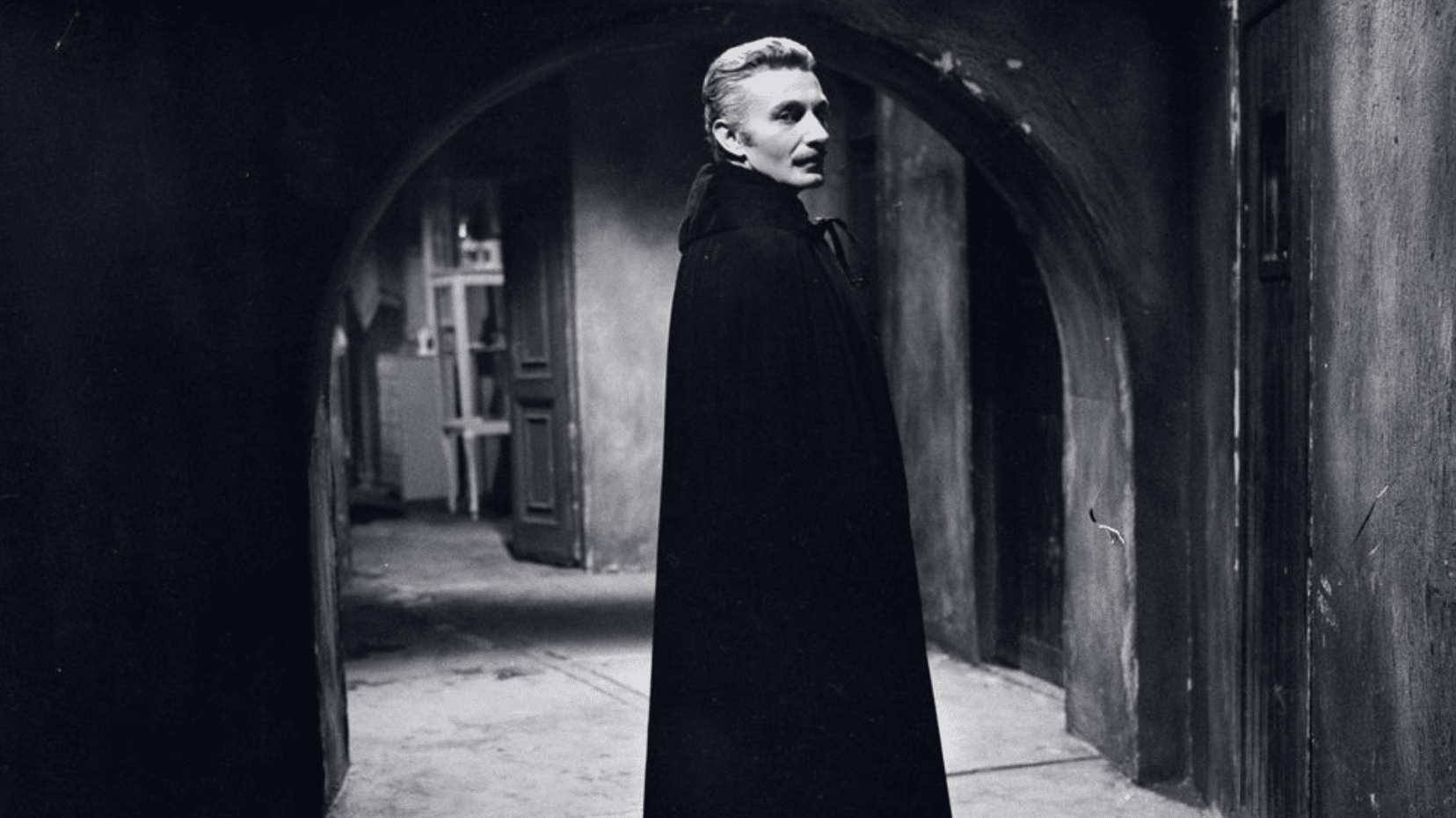
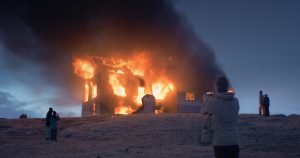

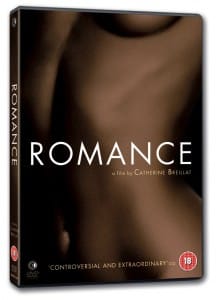
 Elsewhere in the programme, Sasha Collington’s
Elsewhere in the programme, Sasha Collington’s 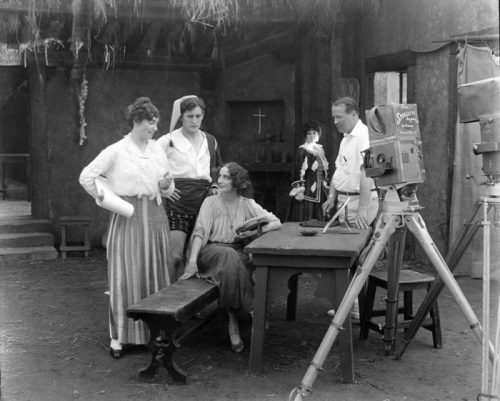
 MARIE-LOUISE IRIBE Parisian actress and filmmaker, Marie Louise Iribe (1894-1934) had a short but dazzling career and is best known for her 1928 debut Hara-Kiri (co-directed with Henri Debain). Her follow-up Le Roi de Aulnes (1931) is based on a poem by Goethe. This enchanting filigree fairy tale has the same magical touch and look as Cocteau’s La Belle et la Bête which followed 15 years later and during wartime. The simple but moving storyline sees a man riding through hill and dale to carry his injured son home. As he slips in an out of consciousness the boy imagines death as a mythical king surrounded by wood nymphs. Emile Pierre delicately overlays the forest journey with ethereal images of the king in iridescent armour, transformed from a humble toad realised by DoP Emilie Pierre’s ethereal double exposures. Max D’Ollone’s atmospheric score brings the magic to life.
MARIE-LOUISE IRIBE Parisian actress and filmmaker, Marie Louise Iribe (1894-1934) had a short but dazzling career and is best known for her 1928 debut Hara-Kiri (co-directed with Henri Debain). Her follow-up Le Roi de Aulnes (1931) is based on a poem by Goethe. This enchanting filigree fairy tale has the same magical touch and look as Cocteau’s La Belle et la Bête which followed 15 years later and during wartime. The simple but moving storyline sees a man riding through hill and dale to carry his injured son home. As he slips in an out of consciousness the boy imagines death as a mythical king surrounded by wood nymphs. Emile Pierre delicately overlays the forest journey with ethereal images of the king in iridescent armour, transformed from a humble toad realised by DoP Emilie Pierre’s ethereal double exposures. Max D’Ollone’s atmospheric score brings the magic to life.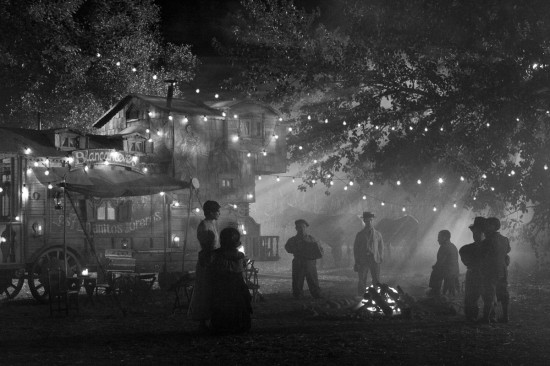
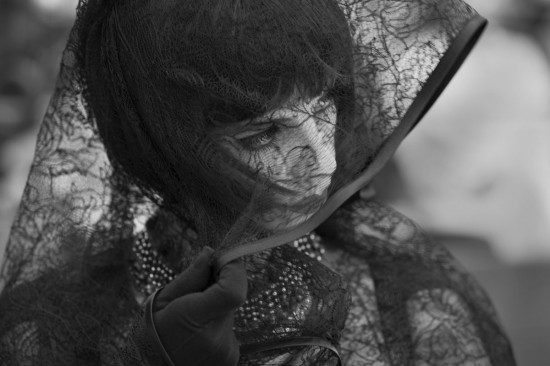
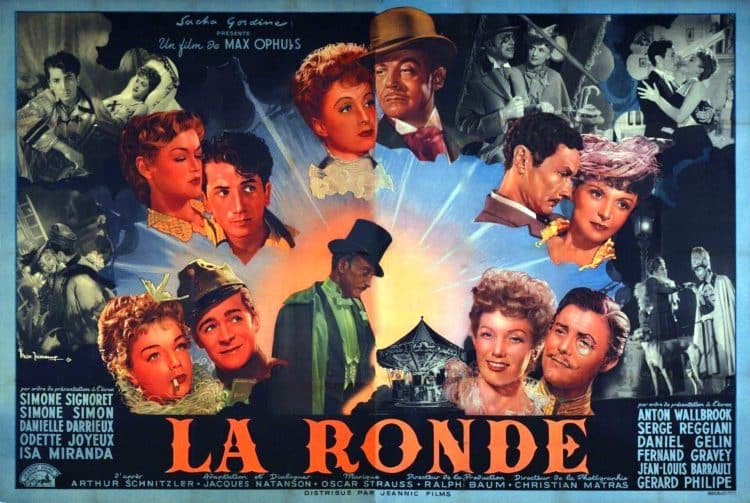
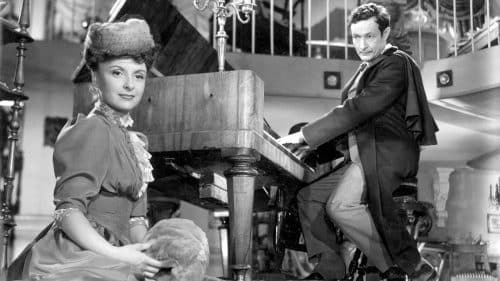 There are echoes of von Sternbergs’s romantic comedies, particularly Shanghai Gesture, that played out like a roulette wheel. Both directors make use of irony and wit as well as well as farcical moments. The female characters are often victims of male society, they are courtesans or bourgeois women who have failed to fit in with the hypocritical standards of their class. The male characters strut around like peacocks in their dandy-like attire, and soldiers in highly decorative uniforms. Songs and music are key elements in the work of both directors, driving the narrative forward, as here with Strauss, the “Waltz King”.
There are echoes of von Sternbergs’s romantic comedies, particularly Shanghai Gesture, that played out like a roulette wheel. Both directors make use of irony and wit as well as well as farcical moments. The female characters are often victims of male society, they are courtesans or bourgeois women who have failed to fit in with the hypocritical standards of their class. The male characters strut around like peacocks in their dandy-like attire, and soldiers in highly decorative uniforms. Songs and music are key elements in the work of both directors, driving the narrative forward, as here with Strauss, the “Waltz King”.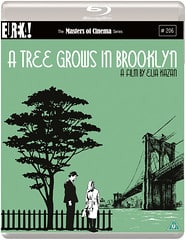 Dir: Elia Kazan | Drama | US
Dir: Elia Kazan | Drama | US Set in the peaceful charm of the former Bohemia, Karlovy Vary was once known as Marienbad. The annual Film Festival is one of the oldest and most prestigious in the World dating back to 1946. It is backed by the Ministry of Culture and hosted by the Grand Hotel Pupp. But most of the screenings take place in the Brutalist concrete Hotel Thermal which has now become somewhat of an iconic tribute to the country’s years under Communism.
Set in the peaceful charm of the former Bohemia, Karlovy Vary was once known as Marienbad. The annual Film Festival is one of the oldest and most prestigious in the World dating back to 1946. It is backed by the Ministry of Culture and hosted by the Grand Hotel Pupp. But most of the screenings take place in the Brutalist concrete Hotel Thermal which has now become somewhat of an iconic tribute to the country’s years under Communism.  EAST OF THE WEST
EAST OF THE WEST DOCUMENTARY FILMS – COMPETITION
DOCUMENTARY FILMS – COMPETITION Official Selection – Out of Competition
Official Selection – Out of Competition Dutch landscape designer and plantsman Pete Oudolf has dedicated his life to creating some of the most iconic gardens around the world and this documentary celebrates his contributions in the US and England.
Dutch landscape designer and plantsman Pete Oudolf has dedicated his life to creating some of the most iconic gardens around the world and this documentary celebrates his contributions in the US and England. Celebrating its 34th year the Midnight Sun Film Festival presents a niche selection of this year’s features and documentaries, along with musical evenings and master classes in its luminous setting of Sodankylä, Finnish Lapland.
Celebrating its 34th year the Midnight Sun Film Festival presents a niche selection of this year’s features and documentaries, along with musical evenings and master classes in its luminous setting of Sodankylä, Finnish Lapland.  Masterclasses and specialties
Masterclasses and specialties Dir: John Guillermin | Script: Bryan Forbes | Cast: M E Clifton Jones, John Mills, Maureen Connell, Cecil Parker, Patrick Allen, Leslie Philips, Barbara Hicks, Sidney James, John Le Mesurier, Marius Goring, Michael Hordern | War Drama | UK 101′
Dir: John Guillermin | Script: Bryan Forbes | Cast: M E Clifton Jones, John Mills, Maureen Connell, Cecil Parker, Patrick Allen, Leslie Philips, Barbara Hicks, Sidney James, John Le Mesurier, Marius Goring, Michael Hordern | War Drama | UK 101′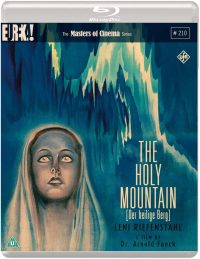 In spite of a new revisionist film history, which tries to exonerate the BERGFILM sub-genre from its close connection with Fascist ideology, the filmmakers of the Weimar years and their chosen subjects were close allies of German Fascism – and Leni Riefenstahl was arguably its leading film propagandist. Attempting to link the Bergfilm with what Kracauer called “Streetfilms”, is aesthetically and content wise a dishonest bid to rewrite (film)history. Streetfilms were set in big cities where the male protagonist falls for a sexually alluring woman from a lower social class, only to be roped back to roost in his middle-class milieu by figures of authority. The Bergfilm might feature alluring women (Riefenstahl certainly qualified), but the narrative comes to very different solutions, and this is amply demonstrated in Luis Trenker’s The Prodigal Son (Der verlorene Sohn, 1932), which sees the hero falling for an alluring ‘foreign’ woman, who embroils his in the traumas of big city life before he escapes triumphantly back to his home in the mountains to become an upright citizen and family man. You don’t have to take my word for it – Dr. Joseph Goebbels wrote in his diary during a visit to the mountains: “That was my yearning; for all the divine solitude and calm of the mountains, for white, virginal (sic!) snow, I was weary of the big city. I am at home again in the mountains. I spent many hours in their white unspoiltness and find myself again”.
In spite of a new revisionist film history, which tries to exonerate the BERGFILM sub-genre from its close connection with Fascist ideology, the filmmakers of the Weimar years and their chosen subjects were close allies of German Fascism – and Leni Riefenstahl was arguably its leading film propagandist. Attempting to link the Bergfilm with what Kracauer called “Streetfilms”, is aesthetically and content wise a dishonest bid to rewrite (film)history. Streetfilms were set in big cities where the male protagonist falls for a sexually alluring woman from a lower social class, only to be roped back to roost in his middle-class milieu by figures of authority. The Bergfilm might feature alluring women (Riefenstahl certainly qualified), but the narrative comes to very different solutions, and this is amply demonstrated in Luis Trenker’s The Prodigal Son (Der verlorene Sohn, 1932), which sees the hero falling for an alluring ‘foreign’ woman, who embroils his in the traumas of big city life before he escapes triumphantly back to his home in the mountains to become an upright citizen and family man. You don’t have to take my word for it – Dr. Joseph Goebbels wrote in his diary during a visit to the mountains: “That was my yearning; for all the divine solitude and calm of the mountains, for white, virginal (sic!) snow, I was weary of the big city. I am at home again in the mountains. I spent many hours in their white unspoiltness and find myself again”.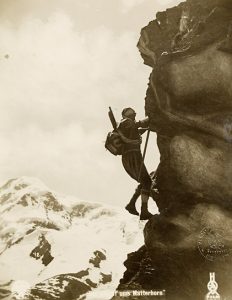 There is a strong link between Anti-Urbanism, unspoilt elements of nature, destiny (in German ‘Vorsehung’, Hitler’s favourite phrase) and a surrender to irrational values: exactly the cinema which Kracauer describes in his ground breaking text. Yes, there was modern technology: telescopes and microscopes – and airplanes. But one look at Riefenstahl’s films of the Nazi Party get togethers in Nuremberg (Sieg des Glaubens, Triumph des Willens) shows the underlying irrationality: after we have seen the city full of “believers”, Hitler comes down from the sky in a plane. A demi-God, winged like in Greek mythology, he flies into the world to make it sane (heil) again. In German the phrase of ‘heile Welt’ is still used to define a system without any contradiction, perfect by definition. In comparing the Nazi regime with eternal nature, all clean and sane, its opponents are immediately categorised as unclean. In the case of Jews, they were vermin, to be eradicated.
There is a strong link between Anti-Urbanism, unspoilt elements of nature, destiny (in German ‘Vorsehung’, Hitler’s favourite phrase) and a surrender to irrational values: exactly the cinema which Kracauer describes in his ground breaking text. Yes, there was modern technology: telescopes and microscopes – and airplanes. But one look at Riefenstahl’s films of the Nazi Party get togethers in Nuremberg (Sieg des Glaubens, Triumph des Willens) shows the underlying irrationality: after we have seen the city full of “believers”, Hitler comes down from the sky in a plane. A demi-God, winged like in Greek mythology, he flies into the world to make it sane (heil) again. In German the phrase of ‘heile Welt’ is still used to define a system without any contradiction, perfect by definition. In comparing the Nazi regime with eternal nature, all clean and sane, its opponents are immediately categorised as unclean. In the case of Jews, they were vermin, to be eradicated.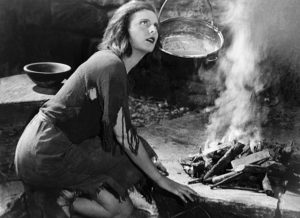 Das Blaue Licht won an award in Venice and convinced Hitler that Riefenstahl should direct the Nuremberg rally documentaries. A post war critic in the ‘Cine-Club de Toulouse’ wrote in 1949, picking up on the Siegfried theme: “It is the always eternal topic of Siegfried, as the young hero. Because always the young men are ready to sacrifice their lives, and only have contempt for everything, which does not omply with their ideas. This is a feature seen entirely from the viewpoint of Nazi ideology. We find the same sort of youth enthusiasm seen in Riefenstahl’s Nuremberg documentaries. Young people joined in with the hope that the regime would reward them because of their racial purity”.
Das Blaue Licht won an award in Venice and convinced Hitler that Riefenstahl should direct the Nuremberg rally documentaries. A post war critic in the ‘Cine-Club de Toulouse’ wrote in 1949, picking up on the Siegfried theme: “It is the always eternal topic of Siegfried, as the young hero. Because always the young men are ready to sacrifice their lives, and only have contempt for everything, which does not omply with their ideas. This is a feature seen entirely from the viewpoint of Nazi ideology. We find the same sort of youth enthusiasm seen in Riefenstahl’s Nuremberg documentaries. Young people joined in with the hope that the regime would reward them because of their racial purity”.
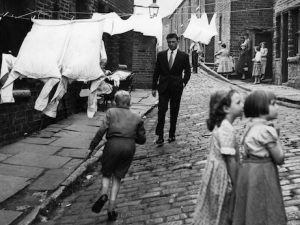
 Dir.: Alaa Eddine Aljem; Cast: Younes Bouab, Salah Bensalah, Bouchaits Essamak, Mohmed Naimane, Anas El Vaz, Hassan Ben Bdida, Abdelhaini Kitab, Ahmed Yarziz; Morocco/France/Qatar/Germany, Lebanon; 100 min.
Dir.: Alaa Eddine Aljem; Cast: Younes Bouab, Salah Bensalah, Bouchaits Essamak, Mohmed Naimane, Anas El Vaz, Hassan Ben Bdida, Abdelhaini Kitab, Ahmed Yarziz; Morocco/France/Qatar/Germany, Lebanon; 100 min.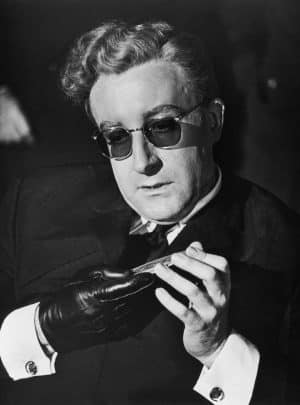 Conflict was the theme that ran through all Stanley Kubrick’s works and he created three major anti-war films: Paths of Glory (1958), Full Metal Jacket (1987) and Dr. Strangelove: the latter being by far the most far reaching and most significant of the trio and was to have a profound political impact, with policy changes ensuring that the events depicted could never really occur in real life. Based on the novel “Red Alert” by Peter George, who co-wrote the script with Kubrick and Terry Southern,
Conflict was the theme that ran through all Stanley Kubrick’s works and he created three major anti-war films: Paths of Glory (1958), Full Metal Jacket (1987) and Dr. Strangelove: the latter being by far the most far reaching and most significant of the trio and was to have a profound political impact, with policy changes ensuring that the events depicted could never really occur in real life. Based on the novel “Red Alert” by Peter George, who co-wrote the script with Kubrick and Terry Southern,  LATE NIGHT U.S.A. (Director: Nisha Ganatra, Screenwriter: Mindy Kaling) – Legendary late-night talk show host’s world is turned upside down when she hires her only female staff writer. Originally intended to smooth over diversity concerns, her decision has unexpectedly hilarious consequences as the two women separated by culture and generation are united by their love of a biting punchline.
LATE NIGHT U.S.A. (Director: Nisha Ganatra, Screenwriter: Mindy Kaling) – Legendary late-night talk show host’s world is turned upside down when she hires her only female staff writer. Originally intended to smooth over diversity concerns, her decision has unexpectedly hilarious consequences as the two women separated by culture and generation are united by their love of a biting punchline. THE FAREWELL U.S.A., China (Director/Screenwriter: Lulu Wang) – A headstrong Chinese-American woman returns to China when her beloved grandmother is given a terminal diagnosis. Billi struggles with her family’s decision to keep grandma in the dark about her own illness as they all stage an impromptu wedding to see grandma one last time.
THE FAREWELL U.S.A., China (Director/Screenwriter: Lulu Wang) – A headstrong Chinese-American woman returns to China when her beloved grandmother is given a terminal diagnosis. Billi struggles with her family’s decision to keep grandma in the dark about her own illness as they all stage an impromptu wedding to see grandma one last time. CORPORATE ANIMALS U.S.A. (Director: Patrick Brice, Screenwriter: Sam Bain) – Disaster strikes when the egotistical CEO of an edible cutlery company leads her long-suffering staff on a corporate team- building trip in New Mexico. Trapped underground, this mismatched and disgruntled group must pull together to survive. CAST: Demi Moore, Ed Helms, Jessica Williams, Karan Soni
CORPORATE ANIMALS U.S.A. (Director: Patrick Brice, Screenwriter: Sam Bain) – Disaster strikes when the egotistical CEO of an edible cutlery company leads her long-suffering staff on a corporate team- building trip in New Mexico. Trapped underground, this mismatched and disgruntled group must pull together to survive. CAST: Demi Moore, Ed Helms, Jessica Williams, Karan Soni THE BRINK U.S.A. (Director: Alison Klayman) – Now unconstrained by an official White House post, Steve Bannon is free to peddle influence as a perceived kingmaker with a direct line to the President. As self-appointed leader of the “populist movement,” he travels around the U.S. and the world spreading his hard-line anti-immigration message
THE BRINK U.S.A. (Director: Alison Klayman) – Now unconstrained by an official White House post, Steve Bannon is free to peddle influence as a perceived kingmaker with a direct line to the President. As self-appointed leader of the “populist movement,” he travels around the U.S. and the world spreading his hard-line anti-immigration message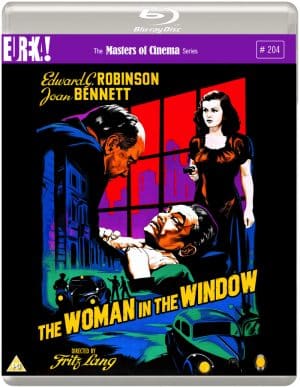 Dir: Fritz Lang | Wri: Nunnally Johnson | Cast: Edward G Robinson, Joan Bennett, Raymond Massey | US Film Noir 107′
Dir: Fritz Lang | Wri: Nunnally Johnson | Cast: Edward G Robinson, Joan Bennett, Raymond Massey | US Film Noir 107′ Dir: Richard Lester | Writer: Charles Wood | Cast: John Lennon, Roy Kinnear, Michael Crawford, Michael Hordern, Jack MacGowran | UK Comedy 109′
Dir: Richard Lester | Writer: Charles Wood | Cast: John Lennon, Roy Kinnear, Michael Crawford, Michael Hordern, Jack MacGowran | UK Comedy 109′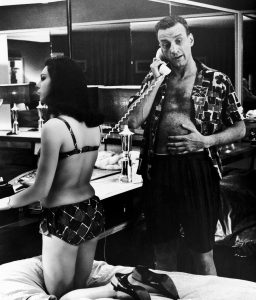 Lolita opens with a murder: a drunk elderly man is shot dead while playing Chopin on the piano. Then the linear events leading to this crime unfold: A lecturer in French literature Humbert Humbert (Mason), arrives in Ramsdale, New Hampshire, in search for lodgings. On the verge of turning down the rooms on offer from Charlotte Haze (Winters), he is just about to reject them, when he sees her daughter Dolores ‘Lolita’ (Lyon) and falls in love. But Charlotte has a shine for Humbert too, and drives her daughter to a girl’s camp, leaving a letter for Humbert, telling him to move out – or marry her. Humbert, still obsessed with Lolita, then marries Charlotte who later reads his diary where he confesses to his love for the school girl. Charlotte runs out of the house to post a letter to the authorities, but is killed in a car crash. Humbert fetches Lolita from the camp, pretending that her mother is in hospital, but seduces the girl in a motel. They set off on a romantic adventure, and are followed by an obnoxious stranger. In the autumn, Humbert enrols Lolita in a nearby High School where she is to participate in a school play. A discussion with Dr, Zempf (Sellers) upsets Humbert and he takes Lolita out of the school, touring the country again. Finally, Lolita disappears; leaving Humbert desolate. Much later, he learns that she is pregnant, living in a tranquil suburb. He gives her money, from the sale of her mother’s house, but she wants to stay with her husband Dick. She also tells Humbert that she ran away with Clare Quilty (Sellers), a famous playwright, who impersonated Dr. Zempf and followed them on their journeys. Humbert dies before the murder trial.
Lolita opens with a murder: a drunk elderly man is shot dead while playing Chopin on the piano. Then the linear events leading to this crime unfold: A lecturer in French literature Humbert Humbert (Mason), arrives in Ramsdale, New Hampshire, in search for lodgings. On the verge of turning down the rooms on offer from Charlotte Haze (Winters), he is just about to reject them, when he sees her daughter Dolores ‘Lolita’ (Lyon) and falls in love. But Charlotte has a shine for Humbert too, and drives her daughter to a girl’s camp, leaving a letter for Humbert, telling him to move out – or marry her. Humbert, still obsessed with Lolita, then marries Charlotte who later reads his diary where he confesses to his love for the school girl. Charlotte runs out of the house to post a letter to the authorities, but is killed in a car crash. Humbert fetches Lolita from the camp, pretending that her mother is in hospital, but seduces the girl in a motel. They set off on a romantic adventure, and are followed by an obnoxious stranger. In the autumn, Humbert enrols Lolita in a nearby High School where she is to participate in a school play. A discussion with Dr, Zempf (Sellers) upsets Humbert and he takes Lolita out of the school, touring the country again. Finally, Lolita disappears; leaving Humbert desolate. Much later, he learns that she is pregnant, living in a tranquil suburb. He gives her money, from the sale of her mother’s house, but she wants to stay with her husband Dick. She also tells Humbert that she ran away with Clare Quilty (Sellers), a famous playwright, who impersonated Dr. Zempf and followed them on their journeys. Humbert dies before the murder trial.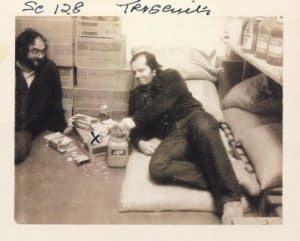 Stanley Kubrick, one of the greatest film makers of the 20th century, spent most of his later life working in England where he raised a family in the Hertfordshire town of Childwickbury, between St Albans and Harpenden, 35 minutes drive North of London. It was in the Norfolk Broads and Beckton, in the East End that he created the Vietnam scenes for Full Metal Jacket (1987), an orbiting space station for 2001: A Space Odyssey (1968), and Dr Strangelove’s war room (1964).
Stanley Kubrick, one of the greatest film makers of the 20th century, spent most of his later life working in England where he raised a family in the Hertfordshire town of Childwickbury, between St Albans and Harpenden, 35 minutes drive North of London. It was in the Norfolk Broads and Beckton, in the East End that he created the Vietnam scenes for Full Metal Jacket (1987), an orbiting space station for 2001: A Space Odyssey (1968), and Dr Strangelove’s war room (1964).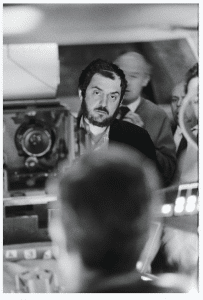 Stanley Kubrick was most inventive in his introduction of revolutionary devices to his filmmaking, such as the camera lens designed for NASA to shoot by candlelight. His fascination with all aspects of design and architecture influenced every stage of all his films. He worked with many key designers of his generation, from Hardy Amies to Saul Bass, Eliot Noyes and Ken Adam.
Stanley Kubrick was most inventive in his introduction of revolutionary devices to his filmmaking, such as the camera lens designed for NASA to shoot by candlelight. His fascination with all aspects of design and architecture influenced every stage of all his films. He worked with many key designers of his generation, from Hardy Amies to Saul Bass, Eliot Noyes and Ken Adam. What could be more romantic than a train journey? Even if it feels more like a boys own adventure, as many of these British Transport films do. Escaping into the unknown with a promise of excitement and discovery – or just a trip back in time to revisit childhood holidays in the 1960s and 1970s, where the English landscape stretched far and wide from the window of the pullman out of Waterloo, or even Paddington, and not an anorak in sight!
What could be more romantic than a train journey? Even if it feels more like a boys own adventure, as many of these British Transport films do. Escaping into the unknown with a promise of excitement and discovery – or just a trip back in time to revisit childhood holidays in the 1960s and 1970s, where the English landscape stretched far and wide from the window of the pullman out of Waterloo, or even Paddington, and not an anorak in sight!  The four Palme d’Or hopefuls directed by women are— Mati Diop’s Atlantique (she was memorable in
The four Palme d’Or hopefuls directed by women are— Mati Diop’s Atlantique (she was memorable in Jury
Jury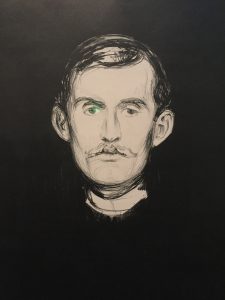 Edvard Munch (1863-1944) was a famous pioneer of modern art, best known for his iconic image of The Scream. His idiosyncratic expression of raw human emotion reflects many of the anxieties and hotly debated issues of his times, yet his art still still resonates today.
Edvard Munch (1863-1944) was a famous pioneer of modern art, best known for his iconic image of The Scream. His idiosyncratic expression of raw human emotion reflects many of the anxieties and hotly debated issues of his times, yet his art still still resonates today.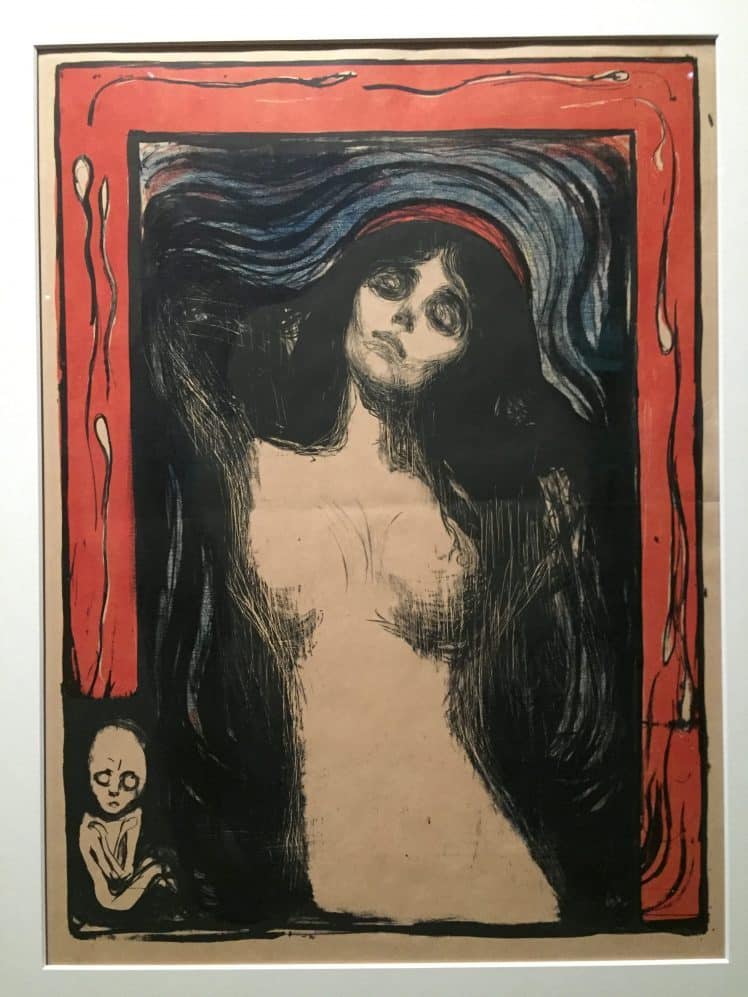
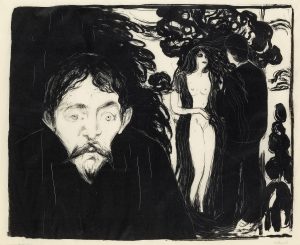 During his life Munch spent much time in Paris and Berlin where in 1892, he was invited to exhibit his paintings in the recently formed German Empire. Berlin was Europe’s industrial boom city, ruled over the ambitious Kaiser Bill (Wilhelm II). Grand avenues gave the impression of military order but bohemian undercurrents ran just below the surface, alongside Europe’s strongest workers’ movement. His exhibition horrified the traditional art world, but was much admired by the Avantgarde with the scandal helping him to launch his international career.
During his life Munch spent much time in Paris and Berlin where in 1892, he was invited to exhibit his paintings in the recently formed German Empire. Berlin was Europe’s industrial boom city, ruled over the ambitious Kaiser Bill (Wilhelm II). Grand avenues gave the impression of military order but bohemian undercurrents ran just below the surface, alongside Europe’s strongest workers’ movement. His exhibition horrified the traditional art world, but was much admired by the Avantgarde with the scandal helping him to launch his international career.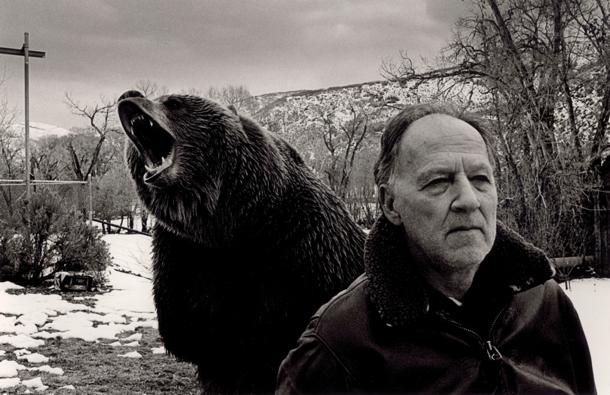
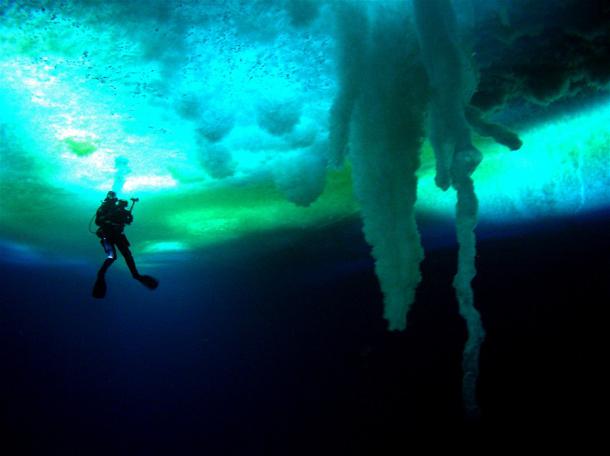
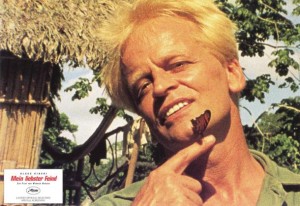
 Dir: Mike Slee | Carl Knutson, Wendy MacKeigan | Cast: Calum Finlay, Ed Birch, Billy Postlethwaite, Robert Daws, Louis Partridge | Docudrama 46′
Dir: Mike Slee | Carl Knutson, Wendy MacKeigan | Cast: Calum Finlay, Ed Birch, Billy Postlethwaite, Robert Daws, Louis Partridge | Docudrama 46′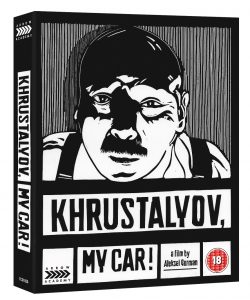 Dir: Aleksei German | Wri: Joseph Brodsky | Comedy Drama USSR, 147′
Dir: Aleksei German | Wri: Joseph Brodsky | Comedy Drama USSR, 147′
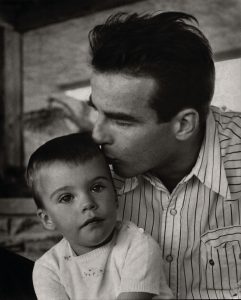 Co-directing and narrating this eye-opening documentary, Robert Clift (who never knew Monty) digs into a treasure trove of family archives and memorabilia (Brooks recorded everything) to reveal an affectionate, fun-loving talent who loved men and dated and lived with women, according to close friends. Monty chose his roles carefully during the ’40s and ’50s, declining to sign a contract to retain complete artistic independence from the studio system with the ability to pick and chose, and re-write his dialogue. This freedom also enabled him to keep much of his private life out of the headlines, although his memory was eventually sullied by tabloid melodrama with his untimely death at only 45. His acting ability and dazzling looks certainly gained him a place in the Hollywood firmament with a select filmography of just 20 features, four of them Oscar-nominated.
Co-directing and narrating this eye-opening documentary, Robert Clift (who never knew Monty) digs into a treasure trove of family archives and memorabilia (Brooks recorded everything) to reveal an affectionate, fun-loving talent who loved men and dated and lived with women, according to close friends. Monty chose his roles carefully during the ’40s and ’50s, declining to sign a contract to retain complete artistic independence from the studio system with the ability to pick and chose, and re-write his dialogue. This freedom also enabled him to keep much of his private life out of the headlines, although his memory was eventually sullied by tabloid melodrama with his untimely death at only 45. His acting ability and dazzling looks certainly gained him a place in the Hollywood firmament with a select filmography of just 20 features, four of them Oscar-nominated.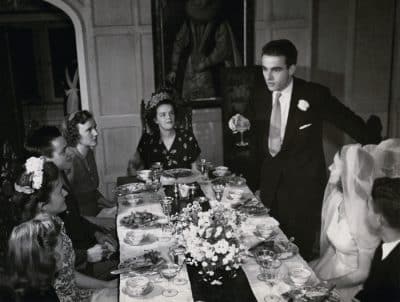 Particularly interesting are Brooks’ conversations with Patricia Bosworth, one of the film’s talking heads and the author of a 1978 biography of Clift that inspired later biographies, but has so far become the accepted version of events, although she apparently got many details wrong and certainly lost out to Jenny Balaban in the Monty relationship stakes, when Barney Balaban (President of Paramount) invited the young actor to join them on a family holiday. He is seen messing around on the beach where he cuts a dash with his good looks and exuberance.
Particularly interesting are Brooks’ conversations with Patricia Bosworth, one of the film’s talking heads and the author of a 1978 biography of Clift that inspired later biographies, but has so far become the accepted version of events, although she apparently got many details wrong and certainly lost out to Jenny Balaban in the Monty relationship stakes, when Barney Balaban (President of Paramount) invited the young actor to join them on a family holiday. He is seen messing around on the beach where he cuts a dash with his good looks and exuberance. Dir: Alain Resnais; Cast: Sabine Azéma, Pierre Arditi, André Dussollier, Fanny Ardant; France 1986, 112 min.
Dir: Alain Resnais; Cast: Sabine Azéma, Pierre Arditi, André Dussollier, Fanny Ardant; France 1986, 112 min.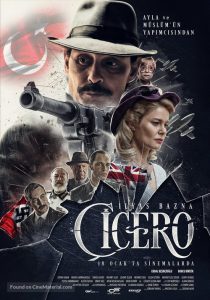 Turkish cinema is known for its captivating widescreen dramas that reflect the cultural diversity and magnificent scenery of a vibrant nation that stretches from Europe to Asia.
Turkish cinema is known for its captivating widescreen dramas that reflect the cultural diversity and magnificent scenery of a vibrant nation that stretches from Europe to Asia.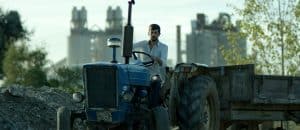 The Golden Tulip winner 2017 YELLOW HEAT (Sari Sicak) sees an immigrant family desperate to survive in their traditional farm amid encroaching industrialisation. The multi-award winning drama YOZGAT BLUES (2013), set in small town Anatolia, is one to watch for its outstanding performances and smouldering cinematography. Banu Sivaci’s THE PIGEON (main image) won best director at Sofia Film Festival 2018 and is another impressive arthouse tale of a boy finding peace with the animal kingdom, away from the dystopian world in small-town Adana, Southern Turkey. And finally MURTAZA another beautifully crafted and resonant parable about the importance of traditional values in the mountains of Malatya.
The Golden Tulip winner 2017 YELLOW HEAT (Sari Sicak) sees an immigrant family desperate to survive in their traditional farm amid encroaching industrialisation. The multi-award winning drama YOZGAT BLUES (2013), set in small town Anatolia, is one to watch for its outstanding performances and smouldering cinematography. Banu Sivaci’s THE PIGEON (main image) won best director at Sofia Film Festival 2018 and is another impressive arthouse tale of a boy finding peace with the animal kingdom, away from the dystopian world in small-town Adana, Southern Turkey. And finally MURTAZA another beautifully crafted and resonant parable about the importance of traditional values in the mountains of Malatya. Other features and shorts reflect the usual Turkish themes of town versus country, tradition versus the modern world, and the role of women in enlightened society. Another highlight will be Ahmet Boyacioglu’s latest film THE SMELL OF MONEY a tense and startling exposé of financial corruption in contemporary Turkey. And last but not least, a panel of industry professionals will debate the future of the big screen At the Flicks of Netflix? at the Regent Street Cinema on 26th April.
Other features and shorts reflect the usual Turkish themes of town versus country, tradition versus the modern world, and the role of women in enlightened society. Another highlight will be Ahmet Boyacioglu’s latest film THE SMELL OF MONEY a tense and startling exposé of financial corruption in contemporary Turkey. And last but not least, a panel of industry professionals will debate the future of the big screen At the Flicks of Netflix? at the Regent Street Cinema on 26th April. The festival will open at the Barbican on 14 March with Hans Pool’s Bellingcat – Truth in a Post-Truth World, which follows the revolutionary rise of the “citizen investigative journalist” collective known as Bellingcat, dedicated to redefining breaking news by exploring the promise of open source investigation.
The festival will open at the Barbican on 14 March with Hans Pool’s Bellingcat – Truth in a Post-Truth World, which follows the revolutionary rise of the “citizen investigative journalist” collective known as Bellingcat, dedicated to redefining breaking news by exploring the promise of open source investigation. 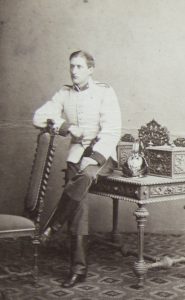 Dir: Stephane Goël | Wri: Antoine Jacoud/Stephane Goël With: Mathieu Amalric | Doc, 92′
Dir: Stephane Goël | Wri: Antoine Jacoud/Stephane Goël With: Mathieu Amalric | Doc, 92′
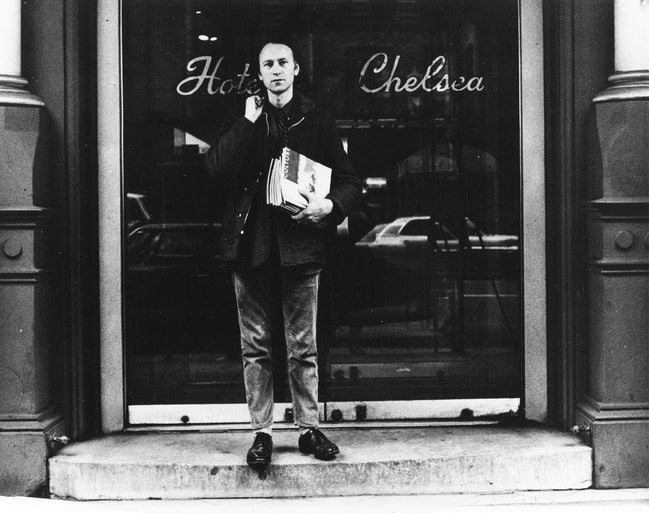
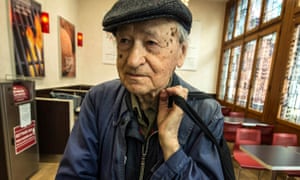
 Born in Skopje (Macedonia) in 1943, Godina soon moved with his family to Slovenia in the north where he later joined Ljubljana’s Kino Club Odsev and went on to study at the Academy of Theatre there. Film clubs were everywhere at the time and his early 8mm efforts gained him popularity as he joined the festival circuit, widening his circle as he developed his craft. And although his films often had serious social themes they also frothed with a feelgood sense of joy and irony. Even topics such as religion and army service took on absurdist proportions with his clever writing and light-hearted sense of the ridiculous. And they always looked brilliant thanks to his talent as a cinematographer and his skilful sense of lighting, framing and mise en scène. Trained under strict Soviet principles he never cut corners and was professional to the last during a career which spanned from 1968 to 2003.
Born in Skopje (Macedonia) in 1943, Godina soon moved with his family to Slovenia in the north where he later joined Ljubljana’s Kino Club Odsev and went on to study at the Academy of Theatre there. Film clubs were everywhere at the time and his early 8mm efforts gained him popularity as he joined the festival circuit, widening his circle as he developed his craft. And although his films often had serious social themes they also frothed with a feelgood sense of joy and irony. Even topics such as religion and army service took on absurdist proportions with his clever writing and light-hearted sense of the ridiculous. And they always looked brilliant thanks to his talent as a cinematographer and his skilful sense of lighting, framing and mise en scène. Trained under strict Soviet principles he never cut corners and was professional to the last during a career which spanned from 1968 to 2003.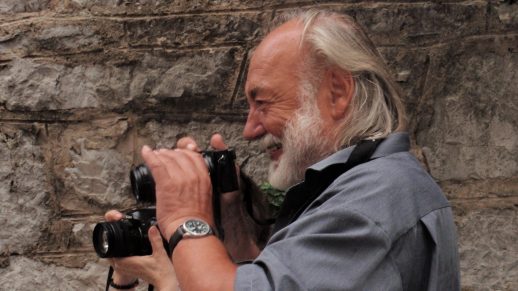
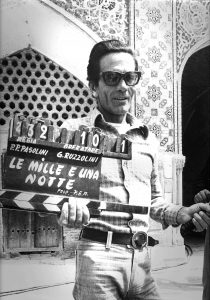 PASOLINI AND THE ARABIAN NIGHTS
PASOLINI AND THE ARABIAN NIGHTS In 1966 Léaud would star in Godard’s Masculin, feminin: 15 Faits Précis, winning a Silver Bear for Best Actor at the Berlinale for his role as Paul, who is in a ménage-a-quatre with three women in a contemporary Paris. Loosely based on Maupassant’s short stories, this feature was the beginning of the break Godard would make with narrative cinema. Also called The Children of Marx and Coca Cola (an inter-title of the feature), sex and politics are at the core. Léaud is fragile, and the lighting shows him as beautiful and vulnerable as the three women, Madeleine (Chantal Goya), Catherine (Isabelle Duport) and Elisabeth (Marlene Jobert). All four main protagonists have very different plans for the future, when their agendas collide. There is immense elegance and beauty here (DoP Willy Kurant), and Godard treats his actors (perhaps for the last time) with more care than in the verbal politics of later films. Pauline Kael called it “that rare achievement: a work of grace in a contemporary setting” and for Andrew Sarris it was “the film of the season”.
In 1966 Léaud would star in Godard’s Masculin, feminin: 15 Faits Précis, winning a Silver Bear for Best Actor at the Berlinale for his role as Paul, who is in a ménage-a-quatre with three women in a contemporary Paris. Loosely based on Maupassant’s short stories, this feature was the beginning of the break Godard would make with narrative cinema. Also called The Children of Marx and Coca Cola (an inter-title of the feature), sex and politics are at the core. Léaud is fragile, and the lighting shows him as beautiful and vulnerable as the three women, Madeleine (Chantal Goya), Catherine (Isabelle Duport) and Elisabeth (Marlene Jobert). All four main protagonists have very different plans for the future, when their agendas collide. There is immense elegance and beauty here (DoP Willy Kurant), and Godard treats his actors (perhaps for the last time) with more care than in the verbal politics of later films. Pauline Kael called it “that rare achievement: a work of grace in a contemporary setting” and for Andrew Sarris it was “the film of the season”. A year later Godard would cast Léaud as part of a group in La Chinoise (1967), this time surrounded by two women and two men, but with a very much harsher political focus. Based on Dostoyevsky’s The Possessed, this was Godard’s first adventure into Maoism. Léaud is Guillaume, in love with Veronique (Anne Wiazemsky), who has a much stronger personality than him, and will finally leave him. Kirilov (Lex de Bruijin), is the weakest of the trio and he will kill himself, as in the novel. Léaud’s Guillaume is in love with Veronique, but he is very much a man of clever words, but little action. Veronique on the other hand, is much braver, and decides in the end to assassinate the Russian Cultural minister on a visit to Paris. But he mixes up the numbers of his hotel room, and kills the wrong man. Wiazemsky, the grand daughter of novelist Andrew Malraux, then the Gaullist minister for Culture, fell in love with Godard, and the couple married after the shooting. As an in-joke, Godard casts Francis Jeanson in the film (Wiazemsky’s philosophy lecturer at the Paris 10 (Nanterre) University) having a debate with Veronique while on her way to assassinate the minister.
A year later Godard would cast Léaud as part of a group in La Chinoise (1967), this time surrounded by two women and two men, but with a very much harsher political focus. Based on Dostoyevsky’s The Possessed, this was Godard’s first adventure into Maoism. Léaud is Guillaume, in love with Veronique (Anne Wiazemsky), who has a much stronger personality than him, and will finally leave him. Kirilov (Lex de Bruijin), is the weakest of the trio and he will kill himself, as in the novel. Léaud’s Guillaume is in love with Veronique, but he is very much a man of clever words, but little action. Veronique on the other hand, is much braver, and decides in the end to assassinate the Russian Cultural minister on a visit to Paris. But he mixes up the numbers of his hotel room, and kills the wrong man. Wiazemsky, the grand daughter of novelist Andrew Malraux, then the Gaullist minister for Culture, fell in love with Godard, and the couple married after the shooting. As an in-joke, Godard casts Francis Jeanson in the film (Wiazemsky’s philosophy lecturer at the Paris 10 (Nanterre) University) having a debate with Veronique while on her way to assassinate the minister.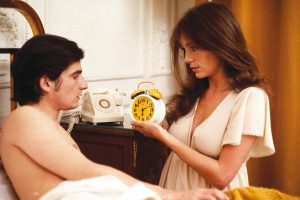 Truffaut’s 1973 outing La Nuit Americaine (Day for Night), is essentially about filmmaking, showing Léaud as the weak and self-obsessed actor Alphonse. During the filming of Je vous présente Pamela , a conventional weepie, he fancies leading lady Julie Baker (Jacqueline Bisset), who has recently had a breakdown. Out of pity she sleeps with him but Alphonse then ‘phones her analyst, Dr Nelson (David Markham), who has left his own family to live with her, and spills the beans on their fling. Léaud plays the histrionic weakling with great skill. And Truffaut, playing himself as the director, assumes the role of his protector – much as in real life. Godard, who by now had broken with his ex-friend Truffaut, called Day for Night “a big lie” – later the two founding fathers of the Nouvelle Vague fought over Léaud who somehow survived the acrimony and went on to work with another enfant terrible, Finnish director Aki Kaurismaki.
Truffaut’s 1973 outing La Nuit Americaine (Day for Night), is essentially about filmmaking, showing Léaud as the weak and self-obsessed actor Alphonse. During the filming of Je vous présente Pamela , a conventional weepie, he fancies leading lady Julie Baker (Jacqueline Bisset), who has recently had a breakdown. Out of pity she sleeps with him but Alphonse then ‘phones her analyst, Dr Nelson (David Markham), who has left his own family to live with her, and spills the beans on their fling. Léaud plays the histrionic weakling with great skill. And Truffaut, playing himself as the director, assumes the role of his protector – much as in real life. Godard, who by now had broken with his ex-friend Truffaut, called Day for Night “a big lie” – later the two founding fathers of the Nouvelle Vague fought over Léaud who somehow survived the acrimony and went on to work with another enfant terrible, Finnish director Aki Kaurismaki.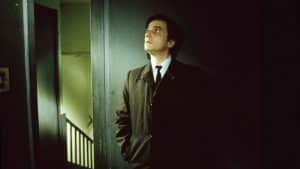 I hired a Contract Killer (1990) was one of Kaurismaki’s first English language films and he made a beeline for Léaud in the lead role. The gamine actor of Day for Night had since changed dramatically. His slight, almost feminine appearance was gone, and he’d put on a substantial amount of weight – his acting too was from another dimension. He plays Henri Boulanger, an English Civil Servant, who is sacked after fifteen years of service due to privatisation. With no life outside his work, he tries – in vain – to commit suicide. Then asks a contract killer (Kenneth Colley) to step in. But Margaret (Margi Clarke) gives his life a new meaning. With time running out, Henri tries to contact the killer, to reverse the order. Léaud is totally morbid and emotionally reduced, the environment is straight out of the 1950s, the colours pale, bleached out by wear and tear. Léaud’s agile friskiness has been replaced by gentle placidness, making him look much older than forty-six. But his acting had matured too, and he slips easily into character roles nobody would have expected from him in his New Wave days. AS
I hired a Contract Killer (1990) was one of Kaurismaki’s first English language films and he made a beeline for Léaud in the lead role. The gamine actor of Day for Night had since changed dramatically. His slight, almost feminine appearance was gone, and he’d put on a substantial amount of weight – his acting too was from another dimension. He plays Henri Boulanger, an English Civil Servant, who is sacked after fifteen years of service due to privatisation. With no life outside his work, he tries – in vain – to commit suicide. Then asks a contract killer (Kenneth Colley) to step in. But Margaret (Margi Clarke) gives his life a new meaning. With time running out, Henri tries to contact the killer, to reverse the order. Léaud is totally morbid and emotionally reduced, the environment is straight out of the 1950s, the colours pale, bleached out by wear and tear. Léaud’s agile friskiness has been replaced by gentle placidness, making him look much older than forty-six. But his acting had matured too, and he slips easily into character roles nobody would have expected from him in his New Wave days. AS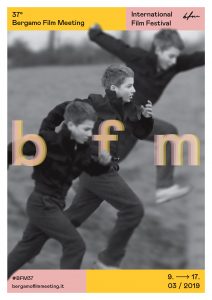
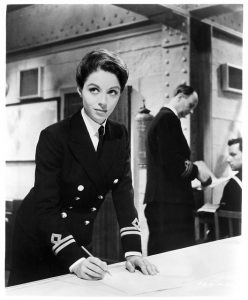 Dir: Lewis Gilbert | Cast:
Dir: Lewis Gilbert | Cast:  Dir.: Cam Christiansen; Documentary/Animation with David Hare, Elliot Levey, Nayef Rashad; Canada 2017, 82 min.
Dir.: Cam Christiansen; Documentary/Animation with David Hare, Elliot Levey, Nayef Rashad; Canada 2017, 82 min. Diva, grande dame and femme fatale, Stanwyck adapted to any genre, be it comedy, melodrama or thriller. Her natural wit and raw emotion was particularly resonant in her Westerns, where she played resourceful, confident women holding their own in a male-dominated world. The BFI are screening 3 examples in March. Her first western Annie Oakley (George Stevens, 1935) was based on the life of ‘Little Miss Sureshot,’ one of the most famous sharpshooters in American history; Stanwyck oozes confidence in her portrayal of the determined and spirited protagonist. Cecil B. DeMille brought a characteristically epic sense of scale to the western with Union Pacific (1939), about the construction of the First Transcontinental Railroad. Mixed in with the historical elements is a love triangle between a troubleshooter, a gambler, and a train engineer’s daughter played by Stanwyck. The director was mesmerised by her performance, and she became one of his favourite stars. In Forty Guns (Samuel Fuller, 1957), a late-career highlight for Stanwyck, she portrays a wealthy landowner exerting influence over an Arizonian township by commanding a staff of 40 men. Beautifully shot and packed with psychosexual subtext and directed with bravura, Samuel Fuller’s western influenced a generation of filmmakers, including Godard.
Diva, grande dame and femme fatale, Stanwyck adapted to any genre, be it comedy, melodrama or thriller. Her natural wit and raw emotion was particularly resonant in her Westerns, where she played resourceful, confident women holding their own in a male-dominated world. The BFI are screening 3 examples in March. Her first western Annie Oakley (George Stevens, 1935) was based on the life of ‘Little Miss Sureshot,’ one of the most famous sharpshooters in American history; Stanwyck oozes confidence in her portrayal of the determined and spirited protagonist. Cecil B. DeMille brought a characteristically epic sense of scale to the western with Union Pacific (1939), about the construction of the First Transcontinental Railroad. Mixed in with the historical elements is a love triangle between a troubleshooter, a gambler, and a train engineer’s daughter played by Stanwyck. The director was mesmerised by her performance, and she became one of his favourite stars. In Forty Guns (Samuel Fuller, 1957), a late-career highlight for Stanwyck, she portrays a wealthy landowner exerting influence over an Arizonian township by commanding a staff of 40 men. Beautifully shot and packed with psychosexual subtext and directed with bravura, Samuel Fuller’s western influenced a generation of filmmakers, including Godard.
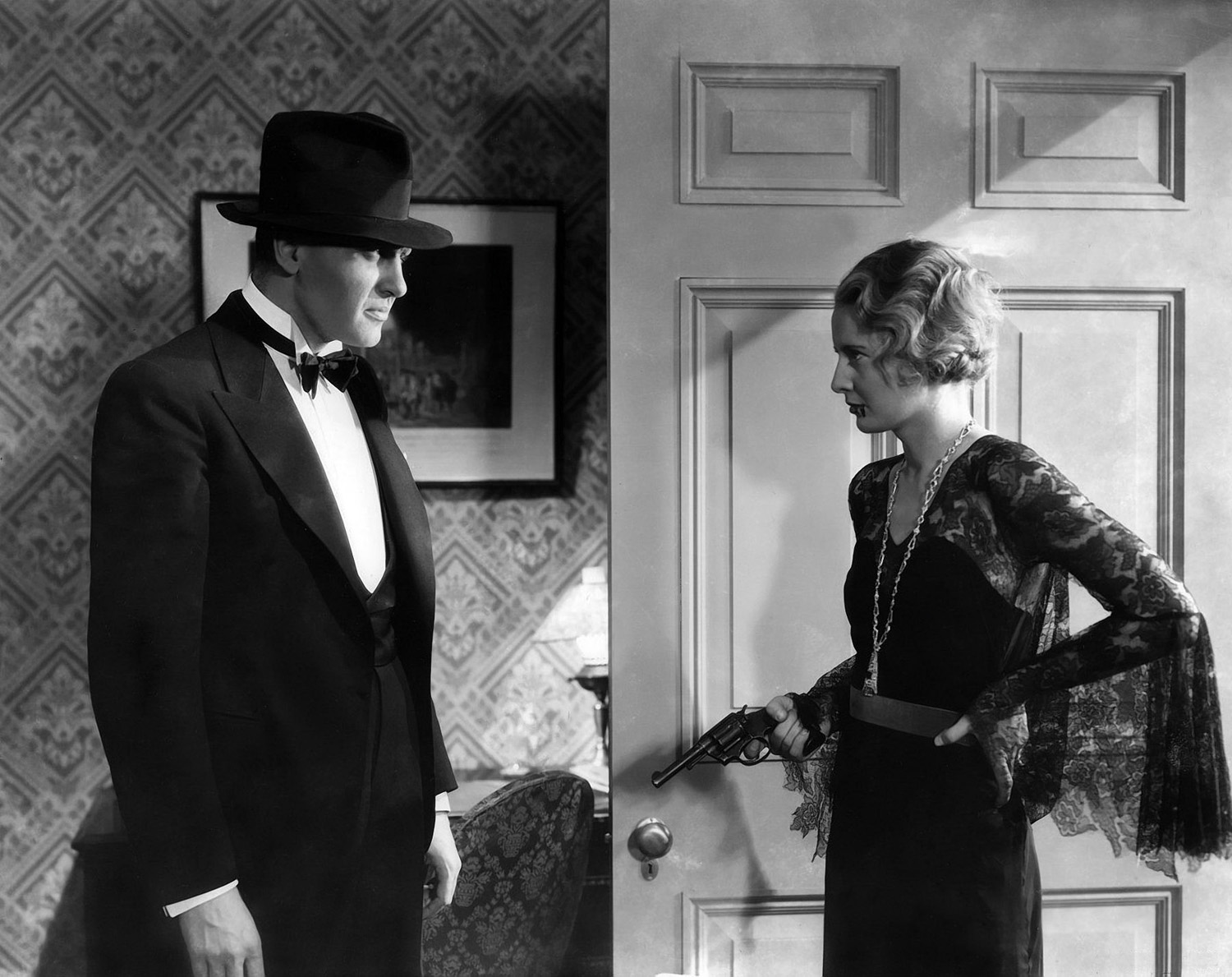
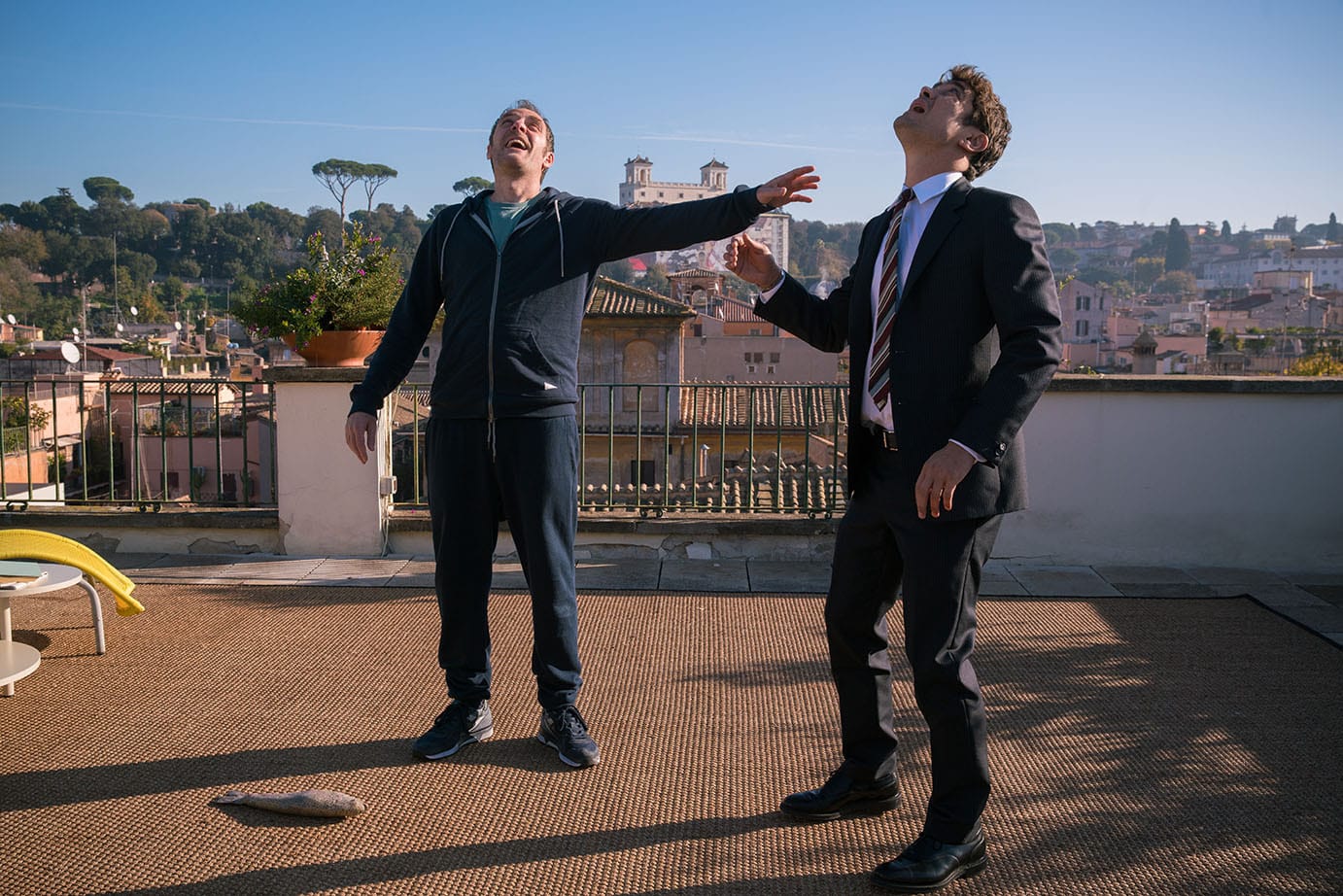
 THE GUEST (L’Ospite) ****
THE GUEST (L’Ospite) ****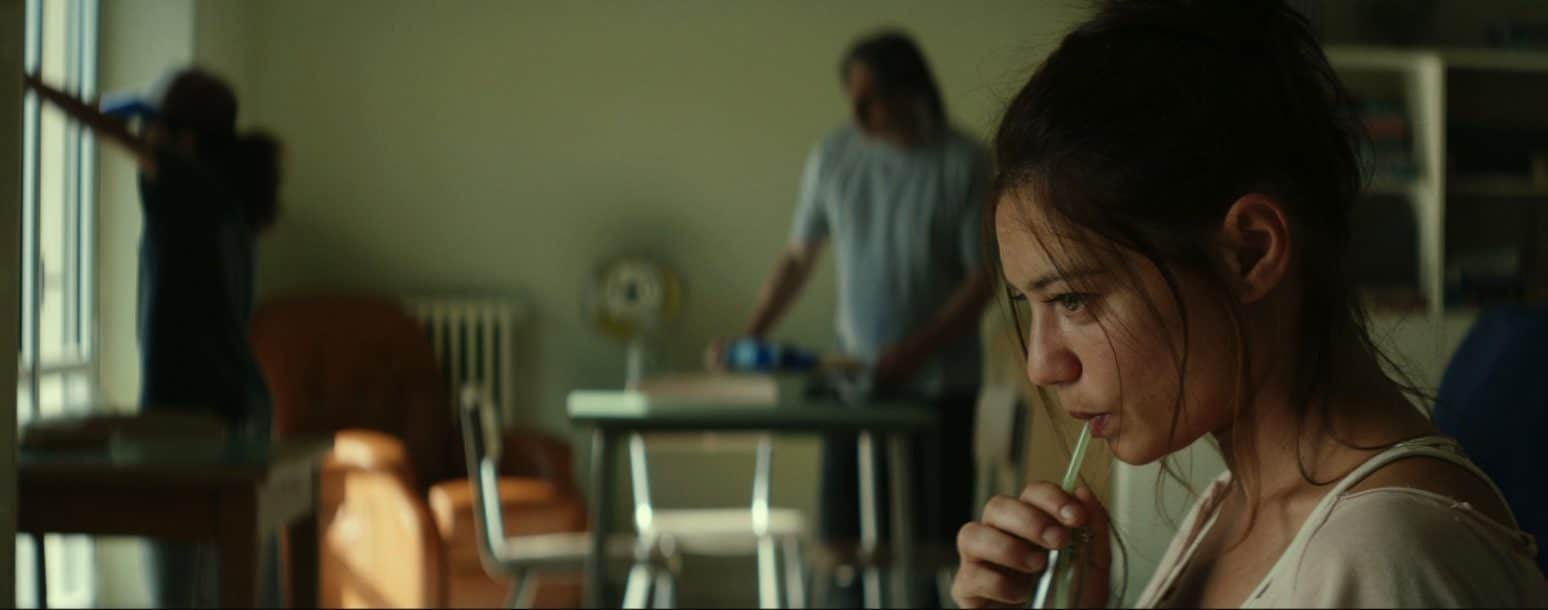

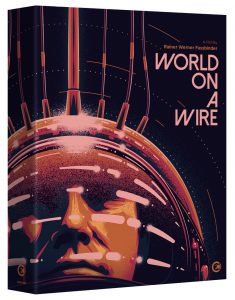 Dir: Rainer Werner Fassbinder | Sci-fi | Ger, 1973 | 204′
Dir: Rainer Werner Fassbinder | Sci-fi | Ger, 1973 | 204′ 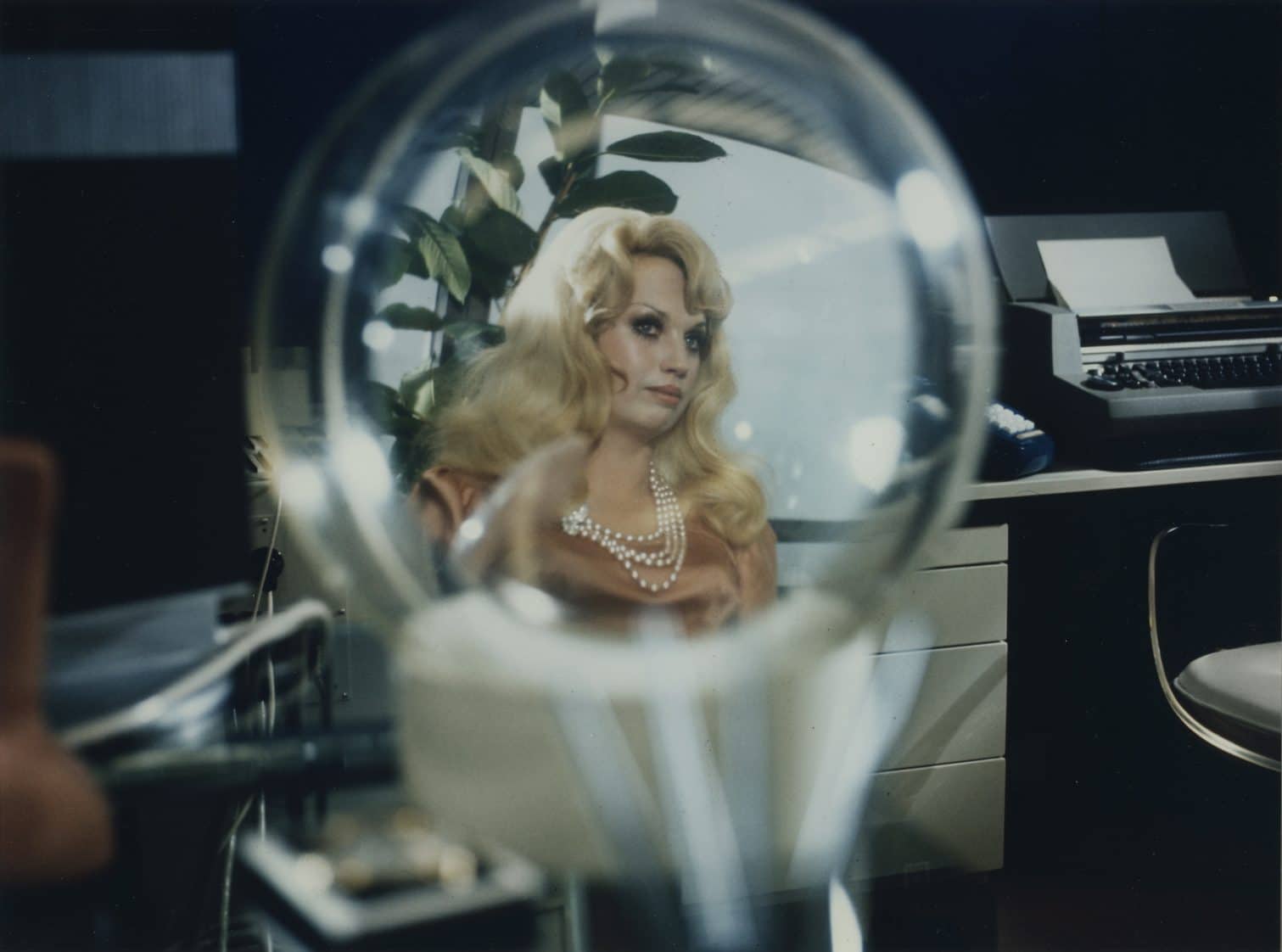

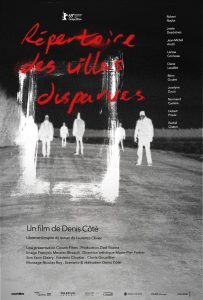 Dir/Wri: Denis Côté | Fantasy Drama | Canada, 97′
Dir/Wri: Denis Côté | Fantasy Drama | Canada, 97′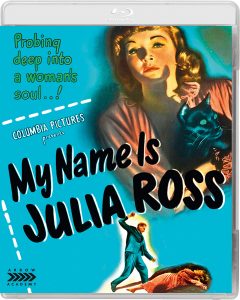 Dir: Joseph H. Lewis; Wri: Muriel Roy Bolton, Music Mischa Bakaleinikoff, Art Director Jerome Pycha Jr | Cast: Nina Foch May Whitty George Macready Roland Varno Anita Bolster Doris Lloyd | Noir thriller US, 64’
Dir: Joseph H. Lewis; Wri: Muriel Roy Bolton, Music Mischa Bakaleinikoff, Art Director Jerome Pycha Jr | Cast: Nina Foch May Whitty George Macready Roland Varno Anita Bolster Doris Lloyd | Noir thriller US, 64’
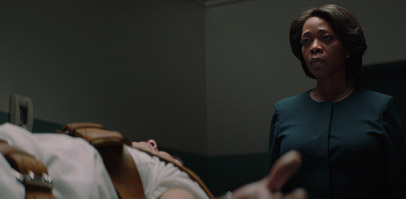
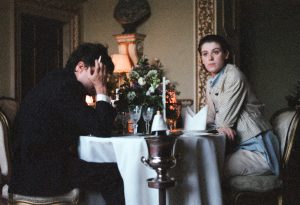


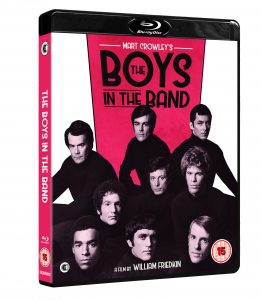 Dir: William Friedkin | Writer: Mart Crowley | Drama | 118’
Dir: William Friedkin | Writer: Mart Crowley | Drama | 118’
 Dir: Misho Antadze | Doc, 70’ | Georgia
Dir: Misho Antadze | Doc, 70’ | Georgia Sam Ellison, 2019, Mexico/Haiti/USA, world premiere
Sam Ellison, 2019, Mexico/Haiti/USA, world premiere Edgar Henrique Clemente Pêra first studied psychology, but soon realised his vocation in Film at the Portuguese National Conservatory, currently
Edgar Henrique Clemente Pêra first studied psychology, but soon realised his vocation in Film at the Portuguese National Conservatory, currently 